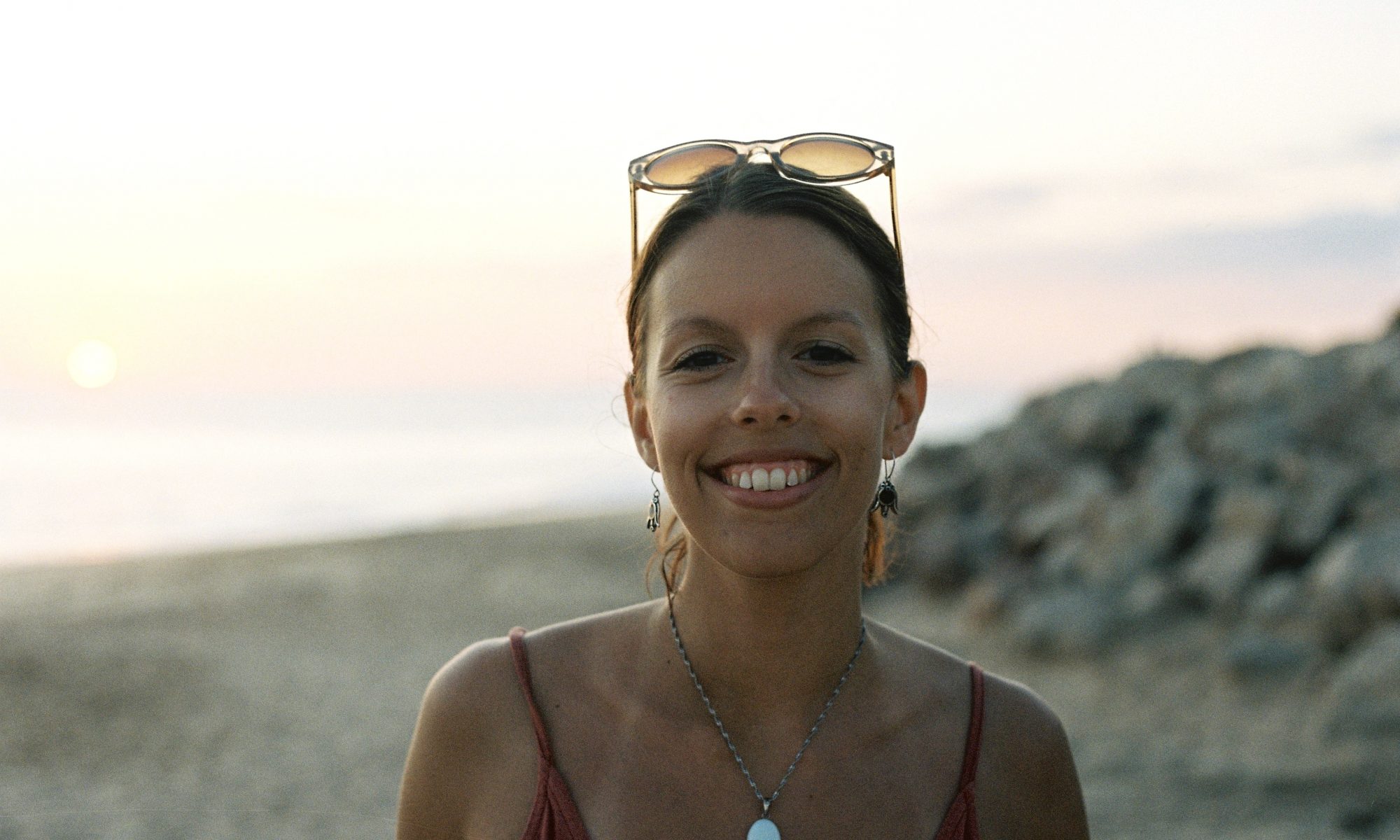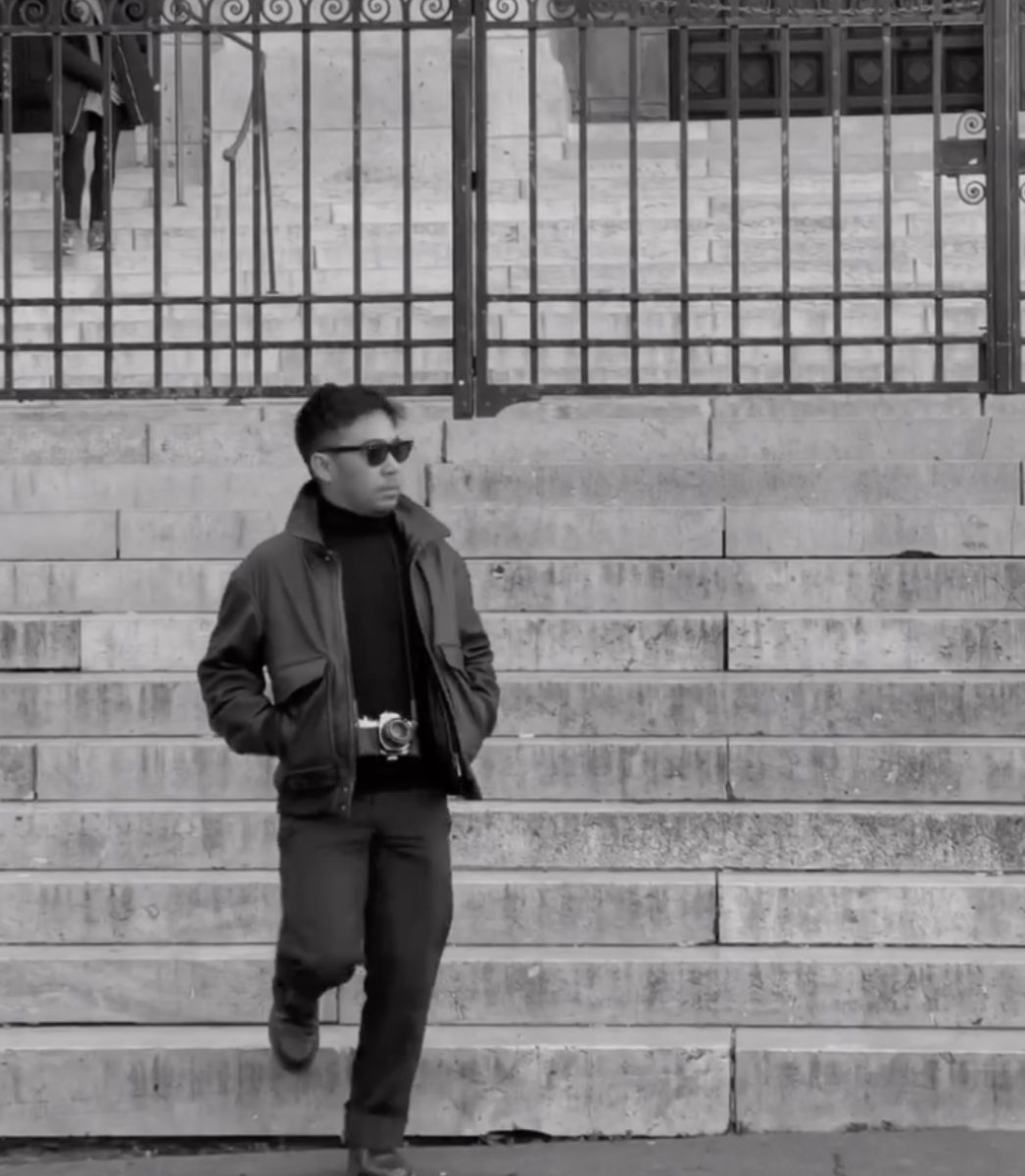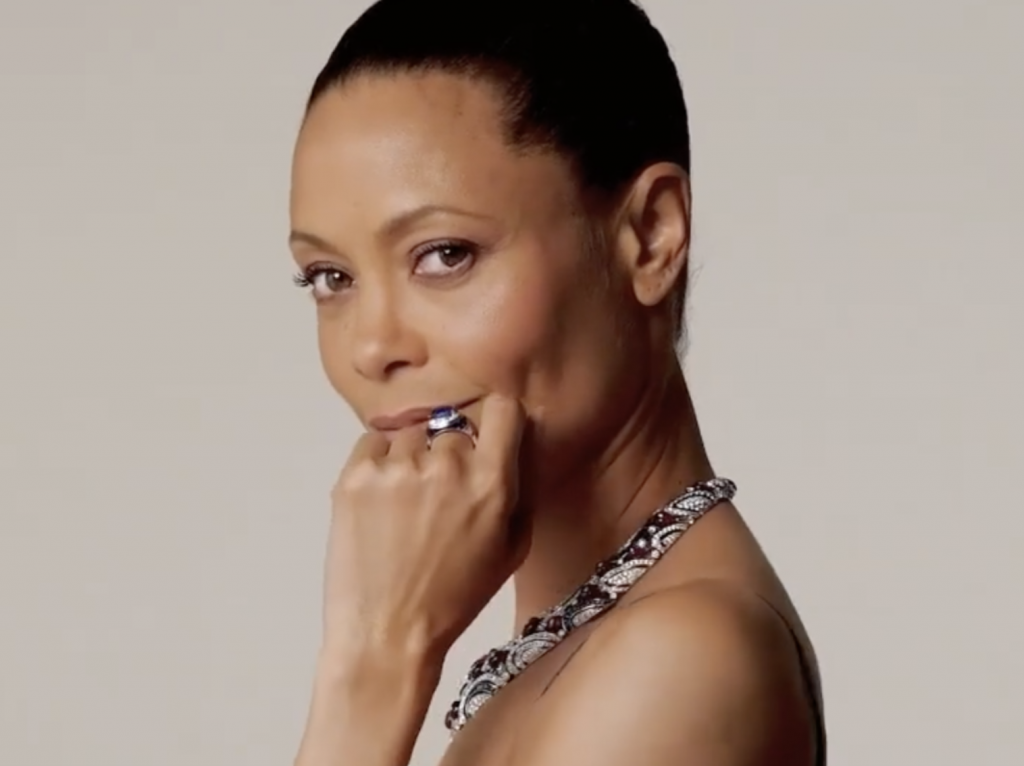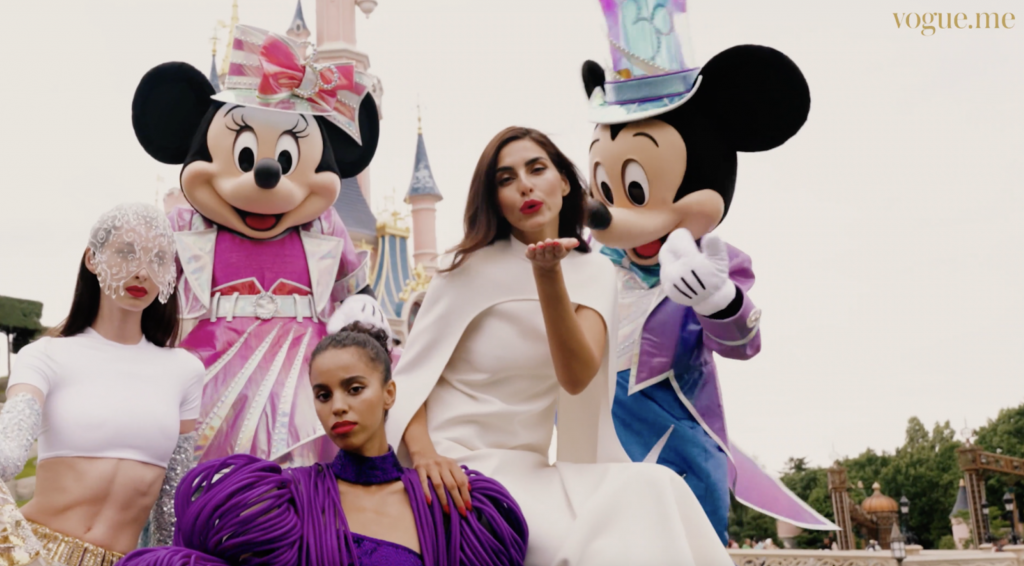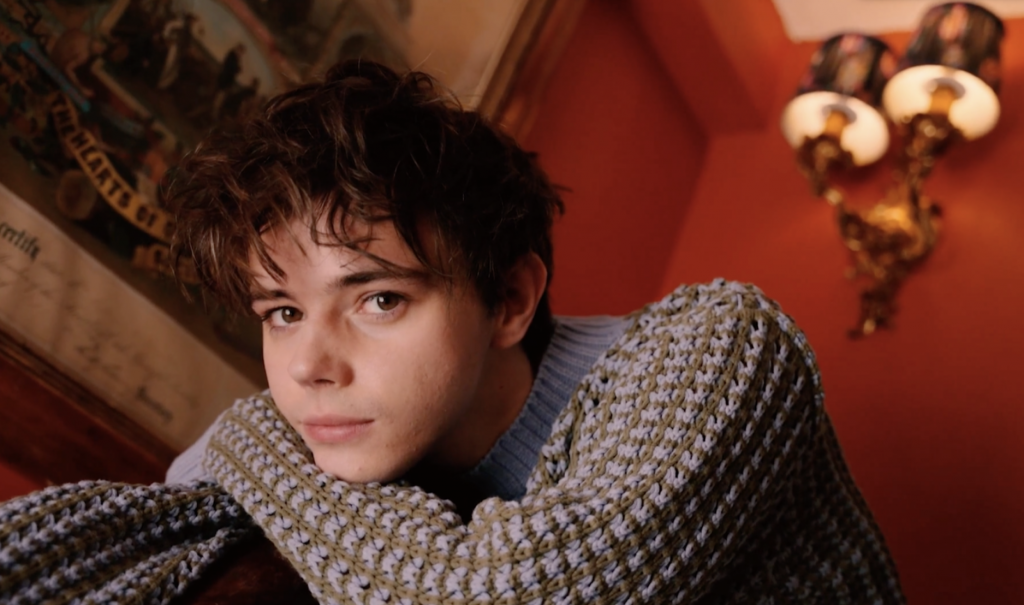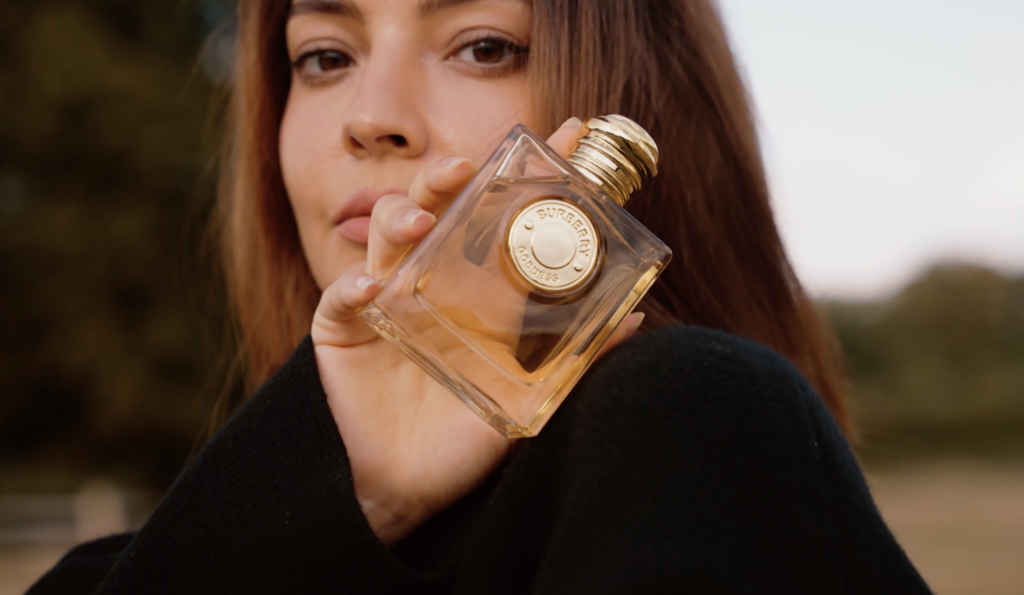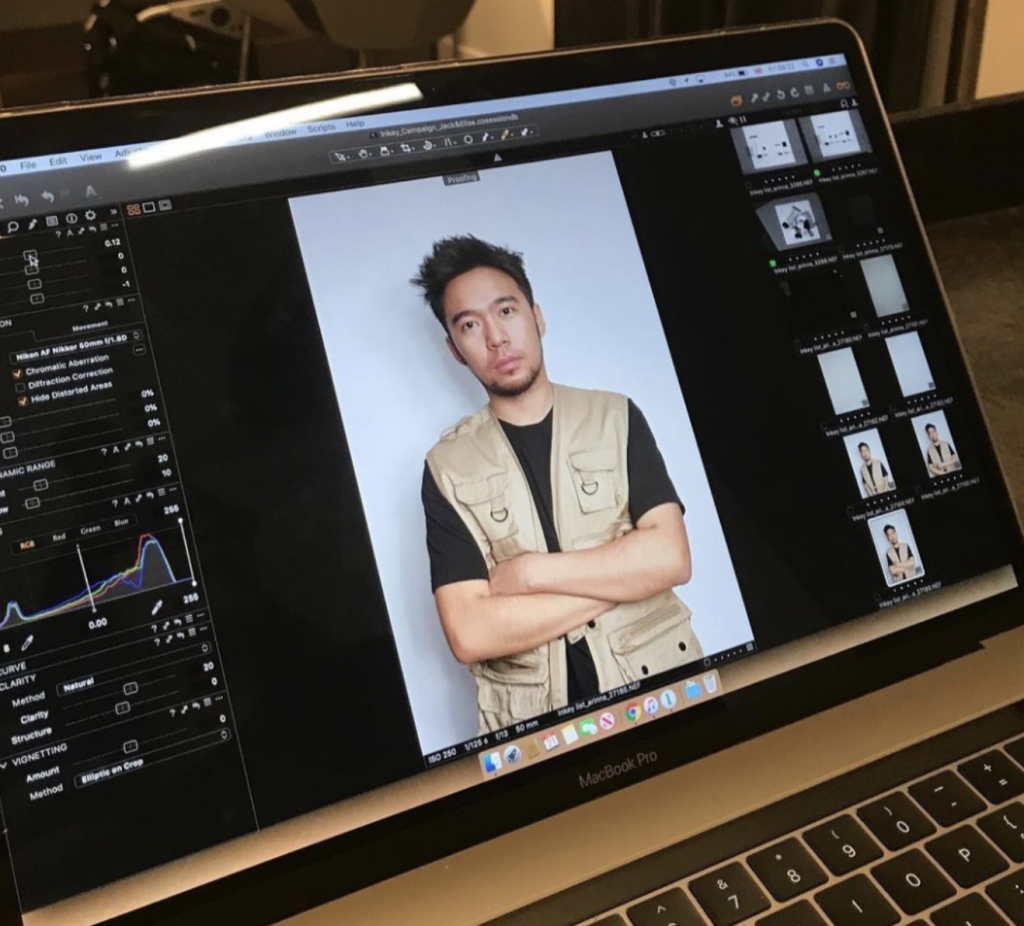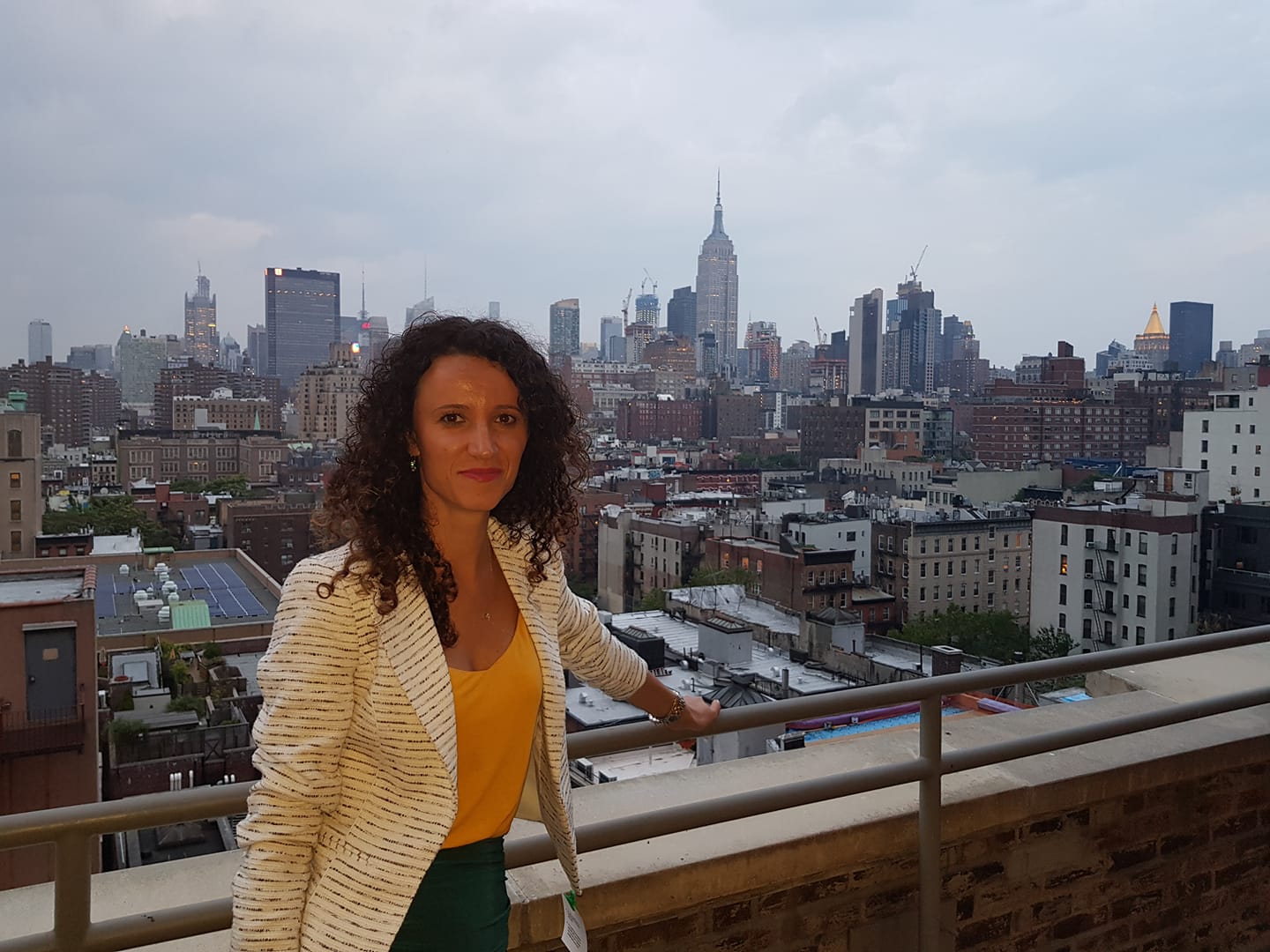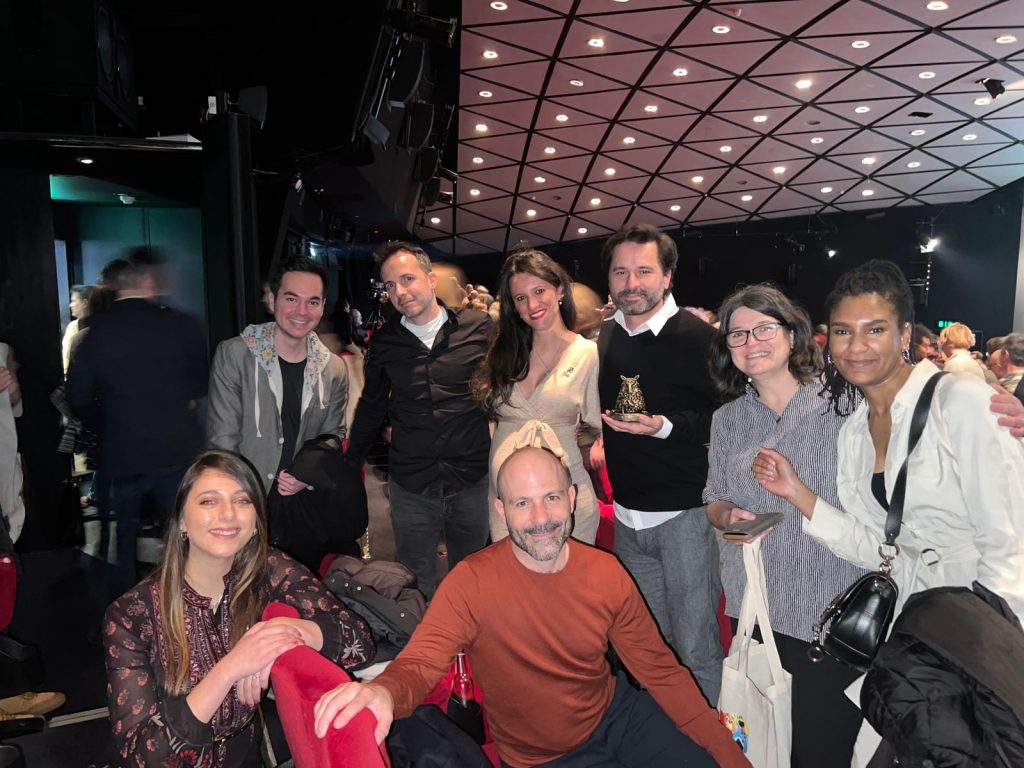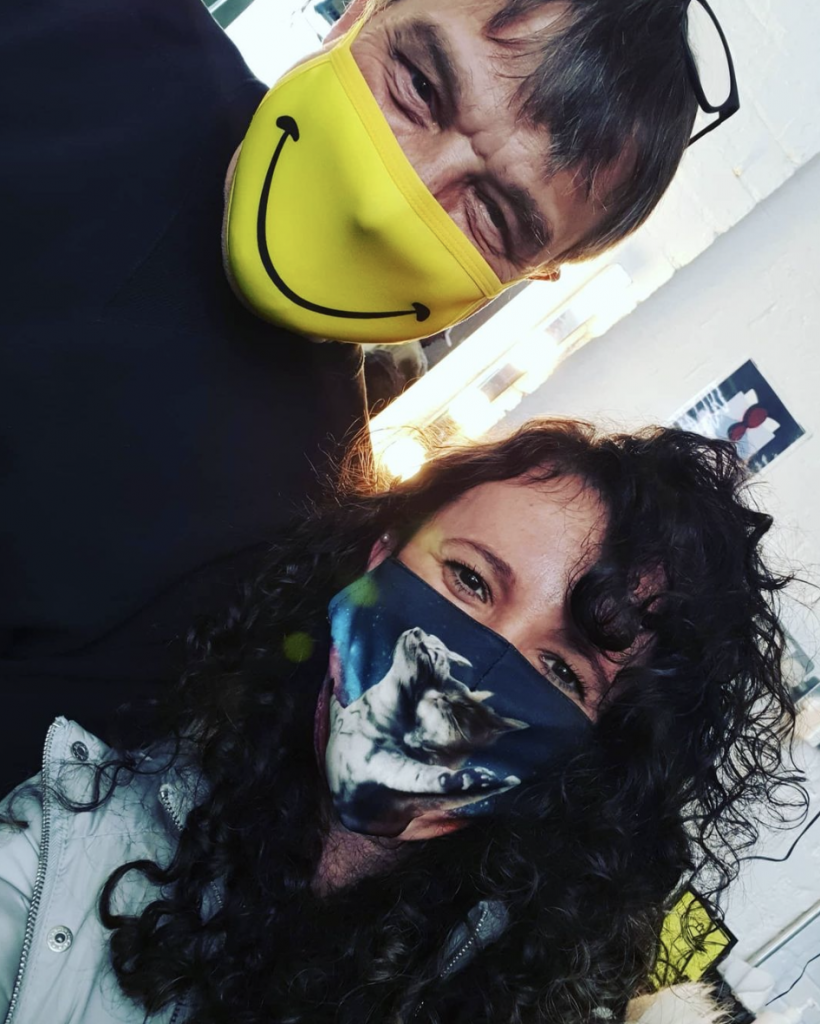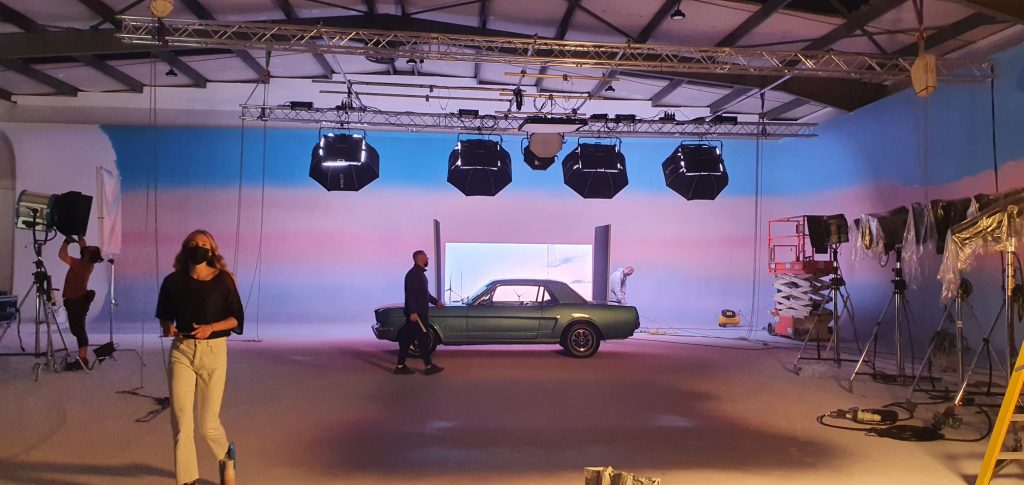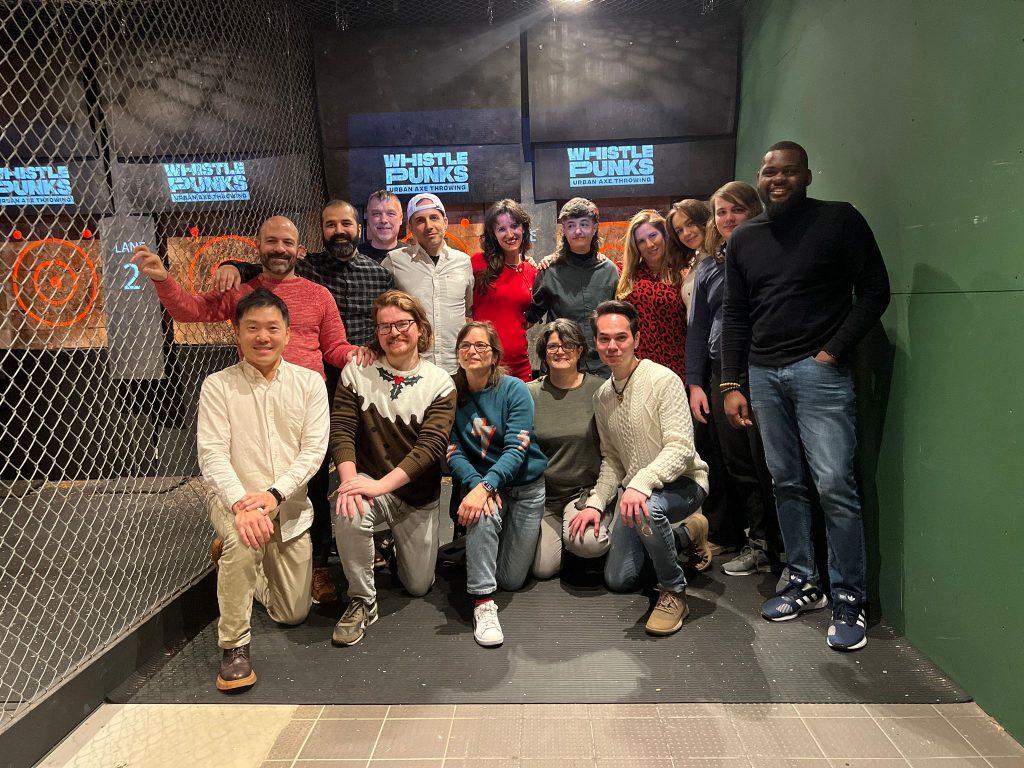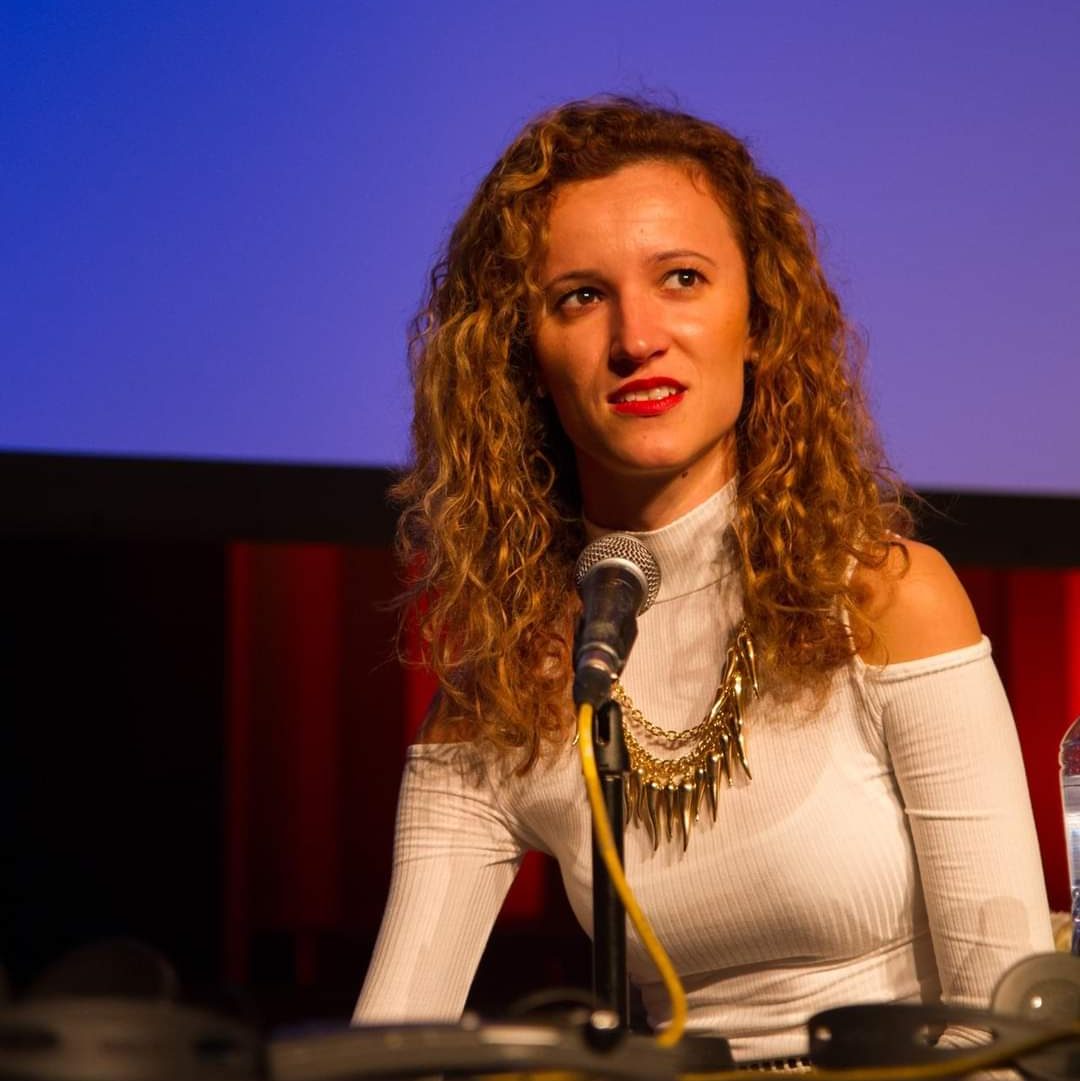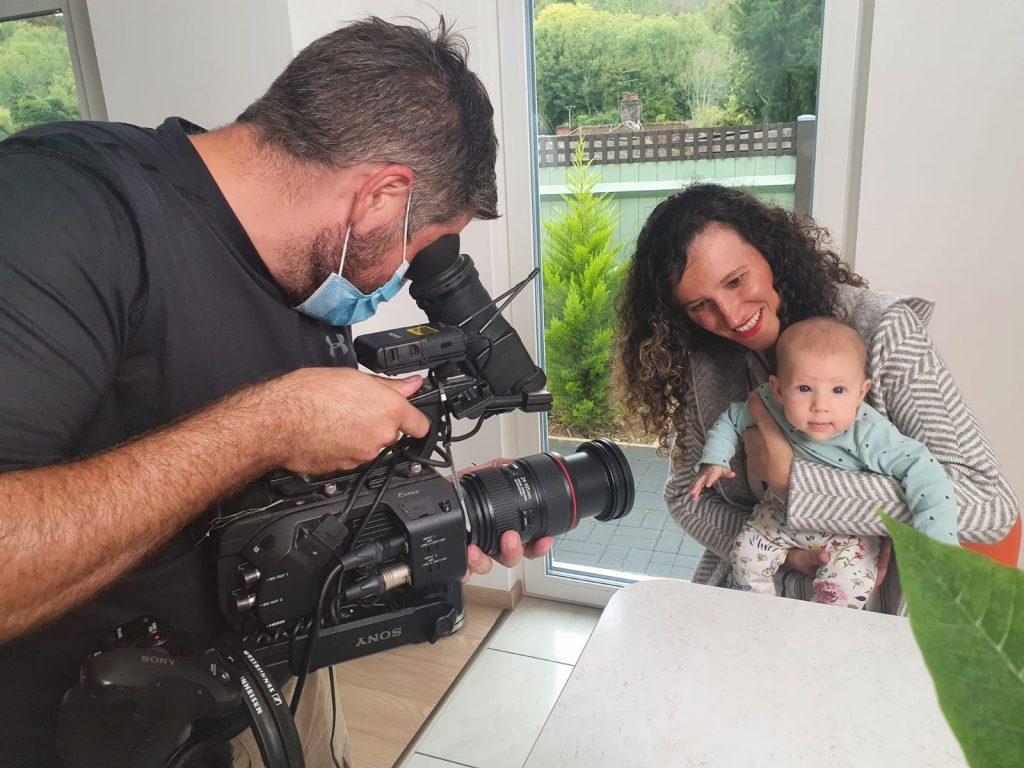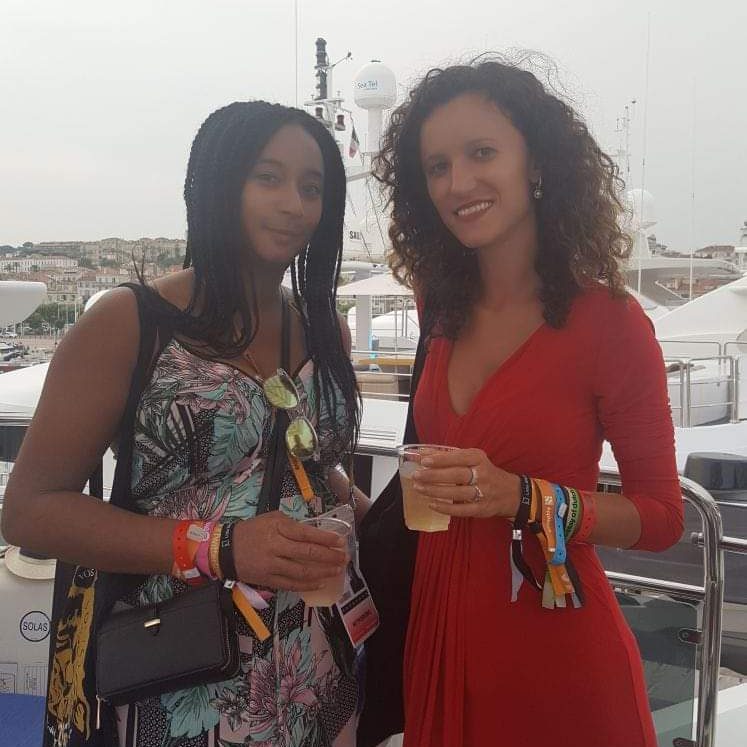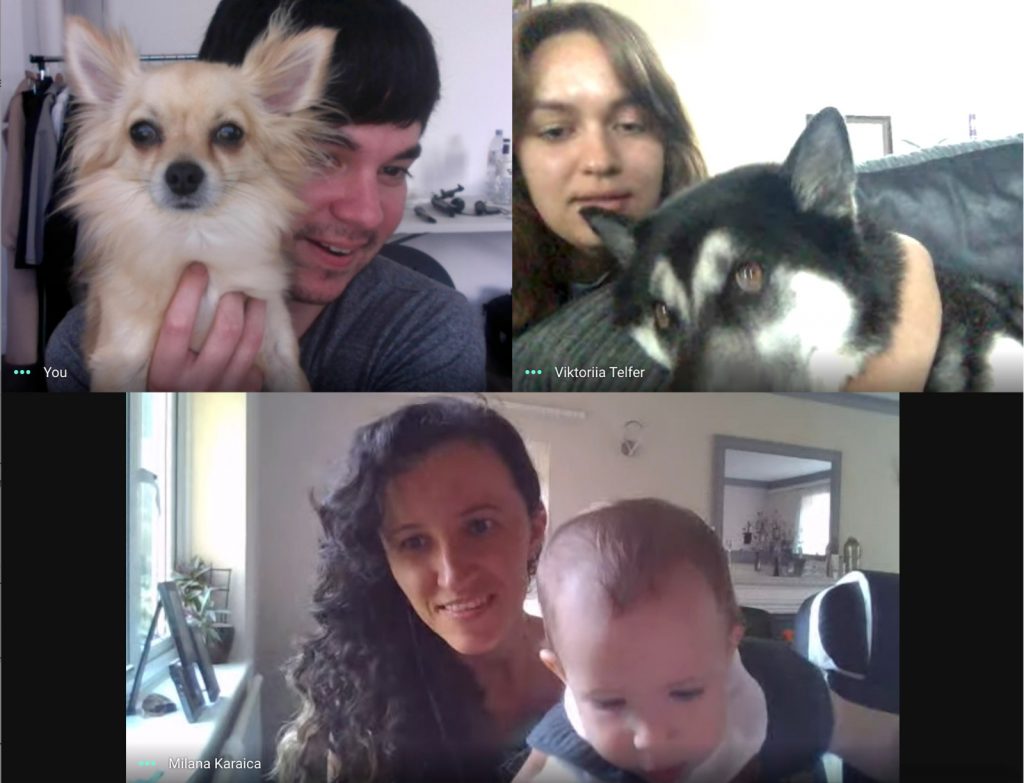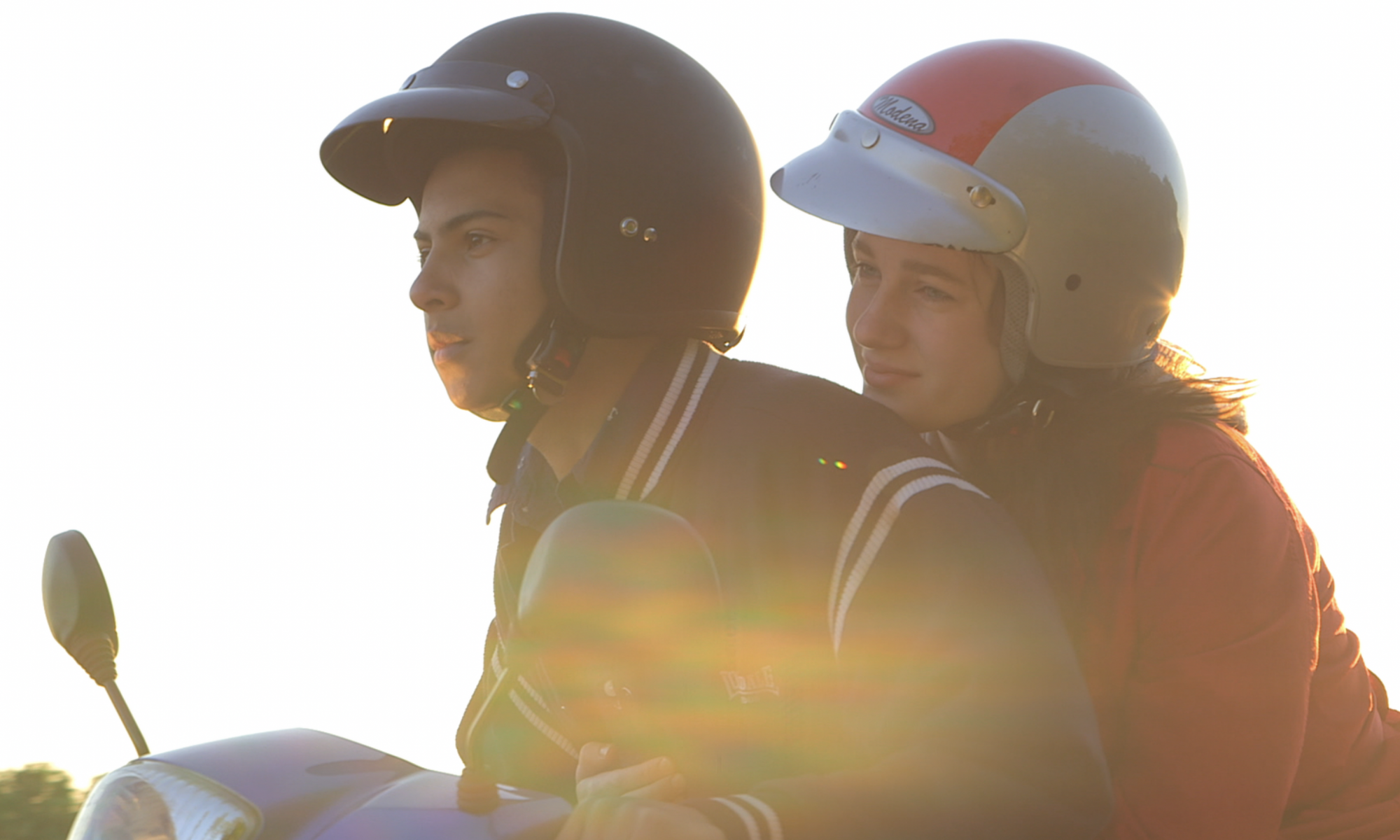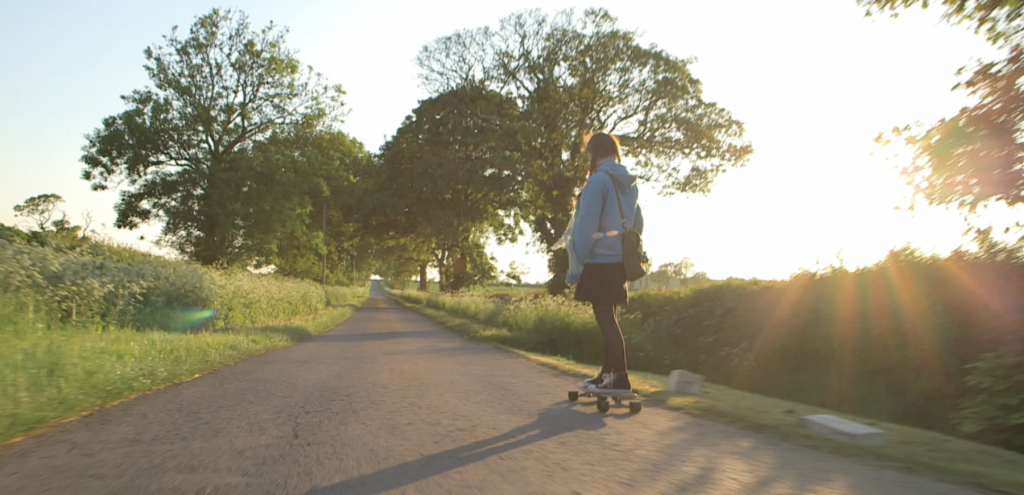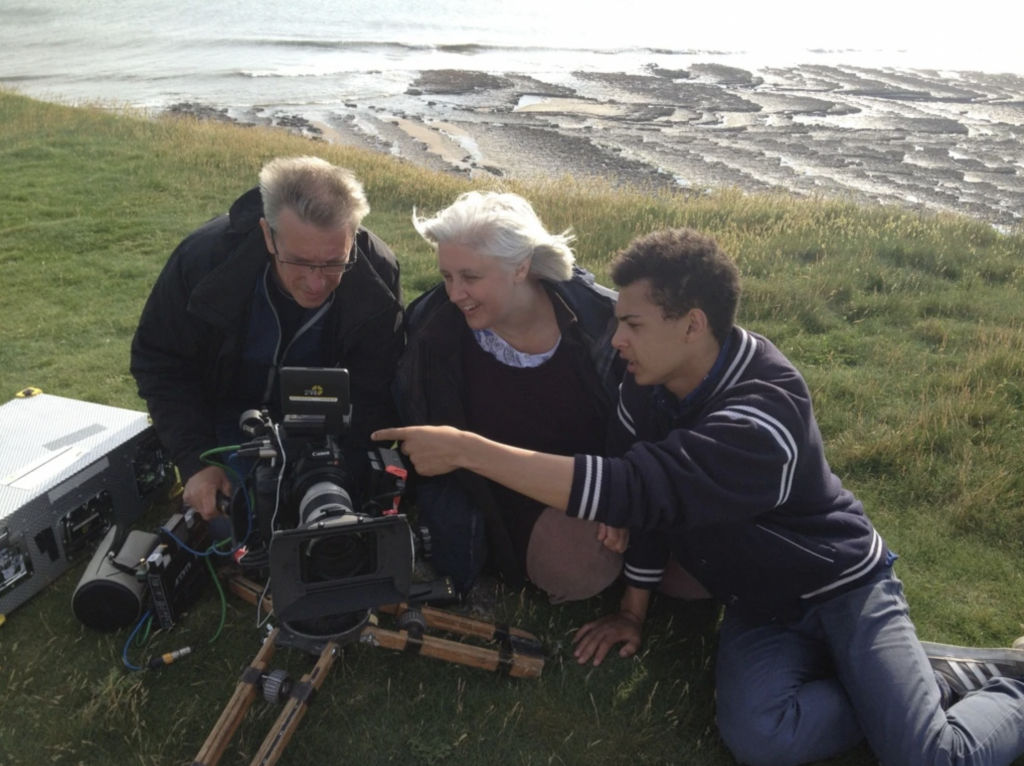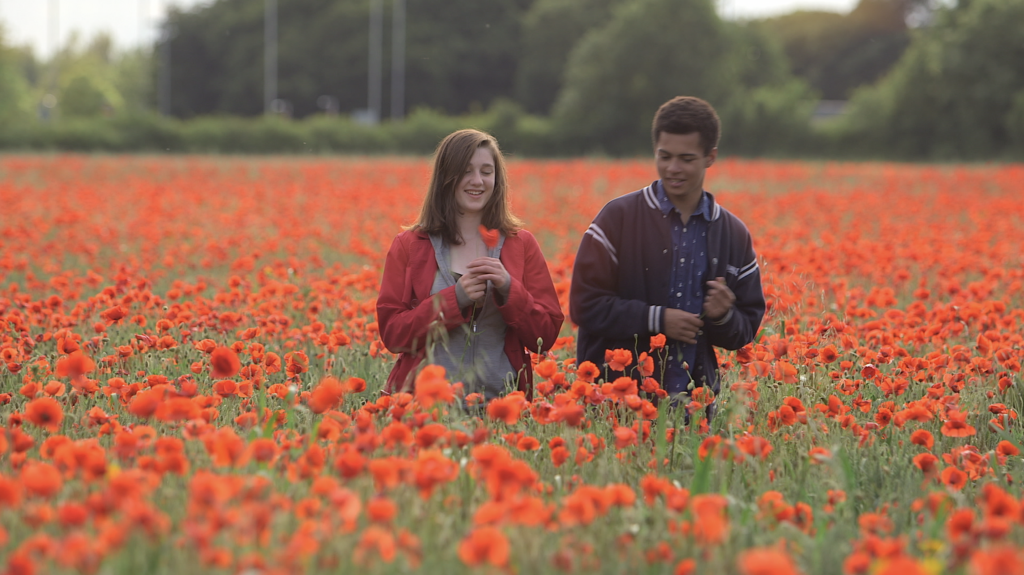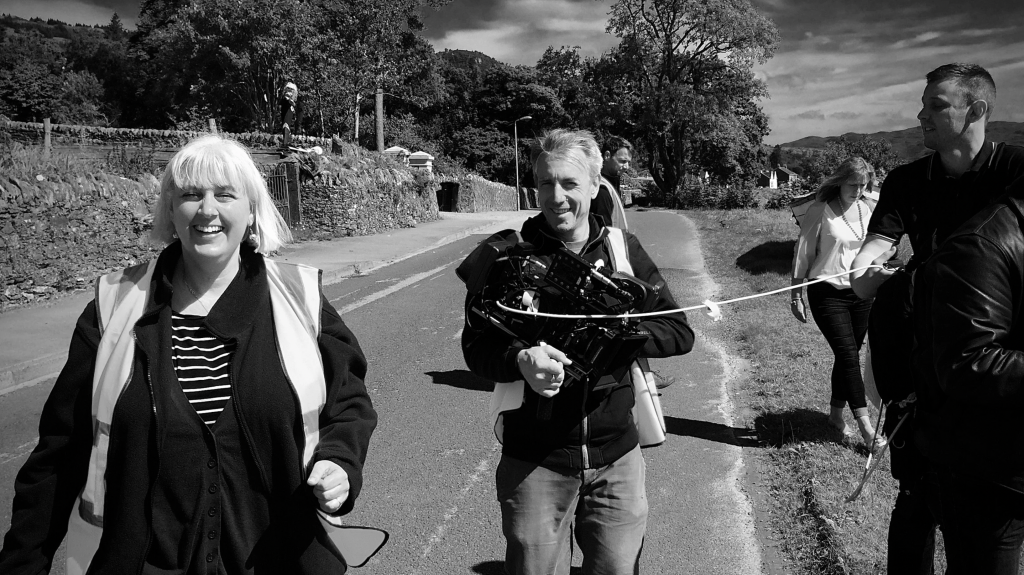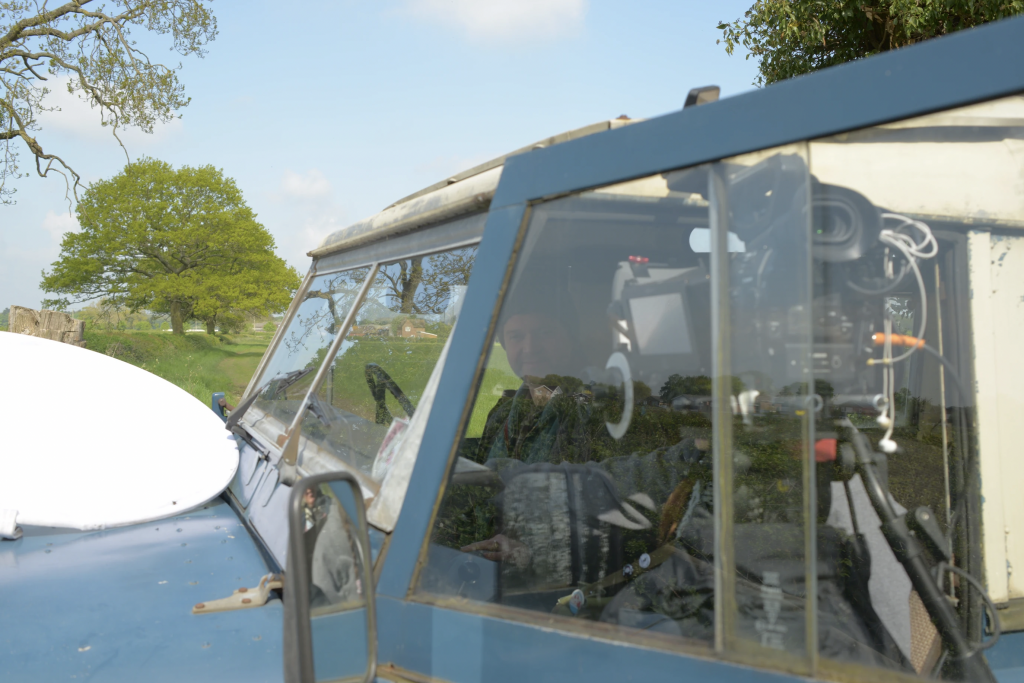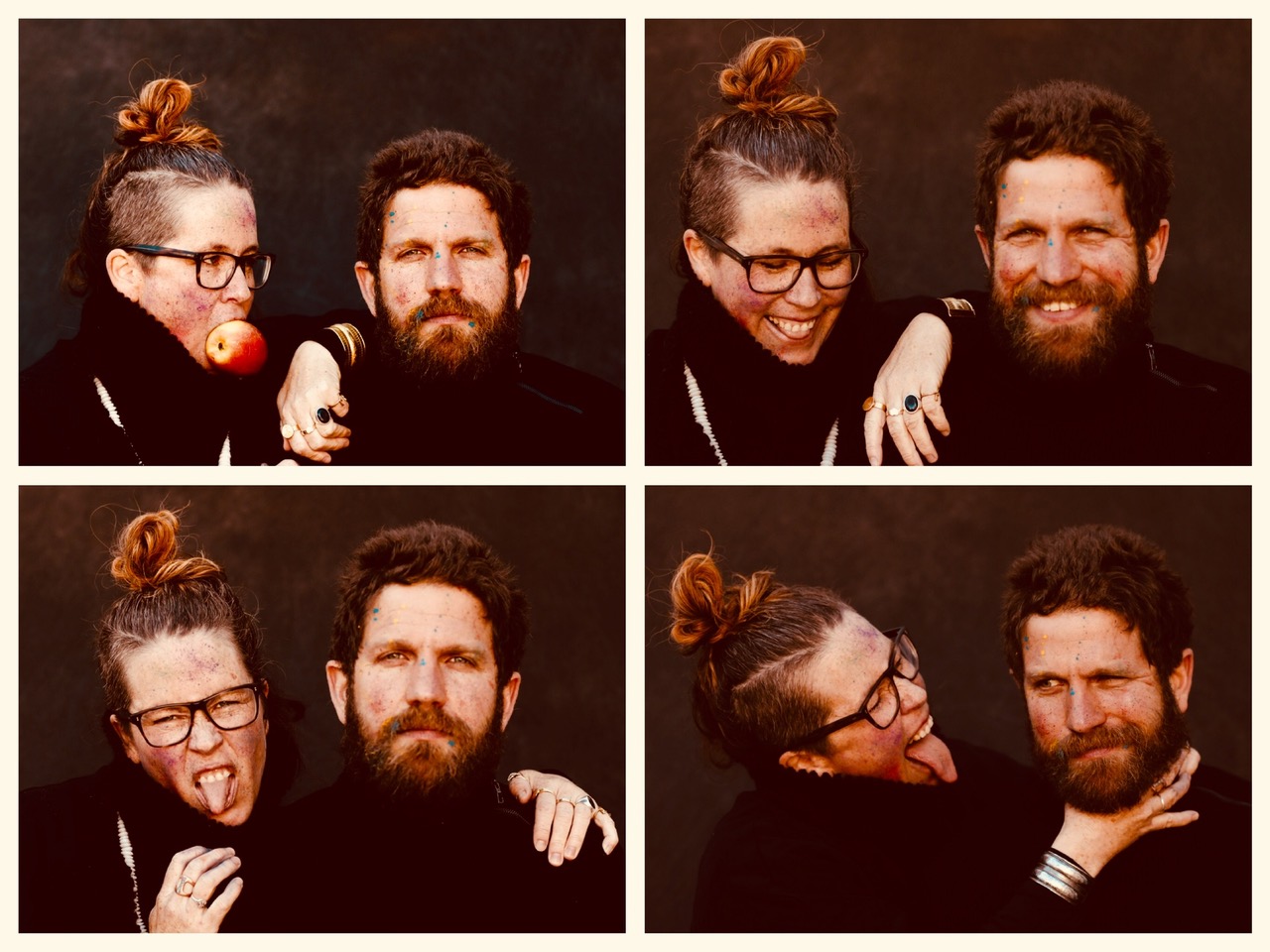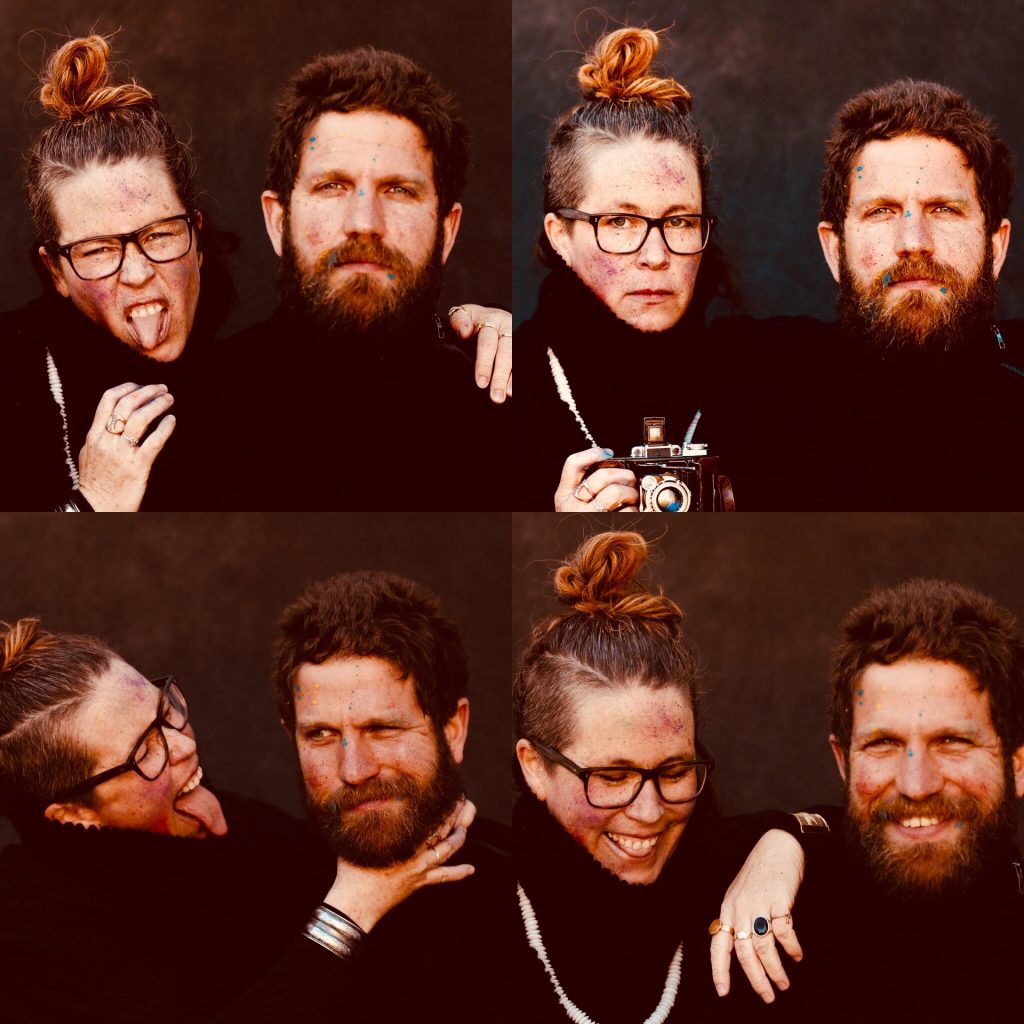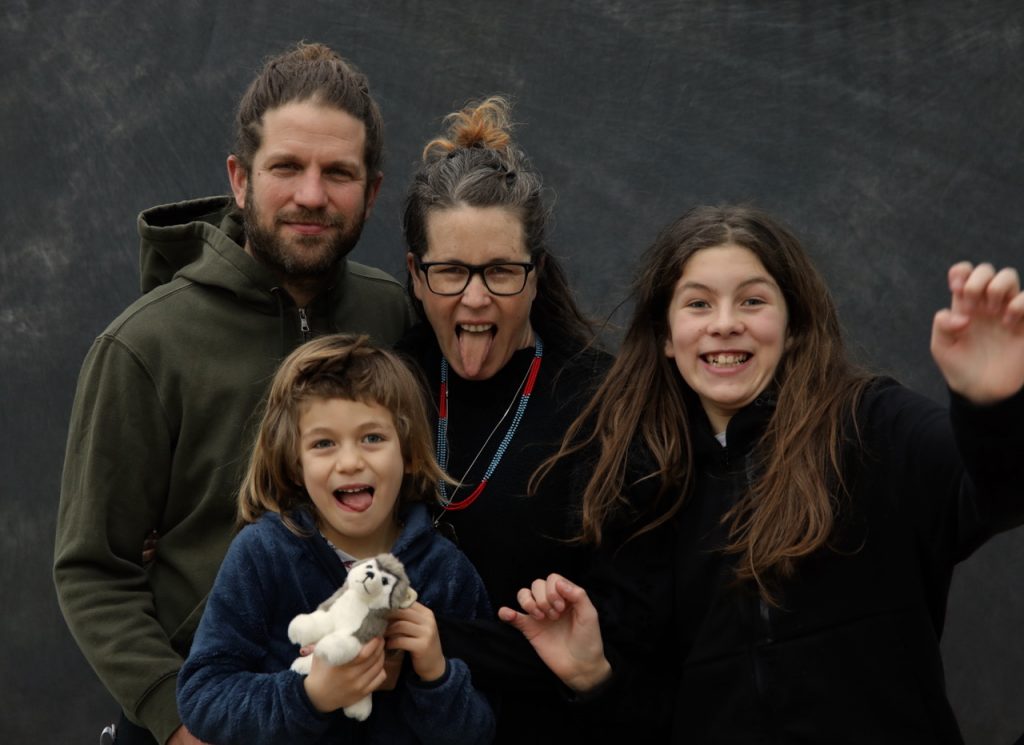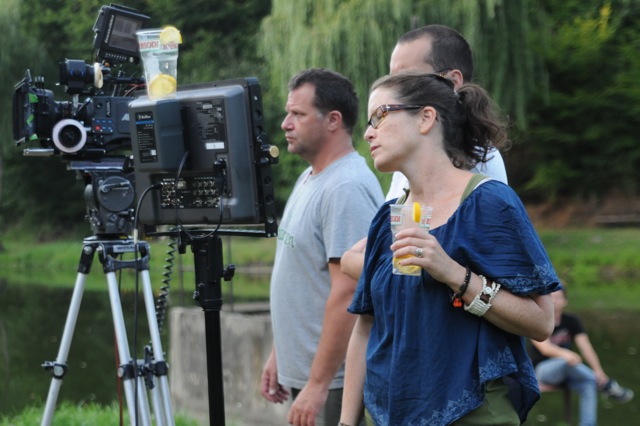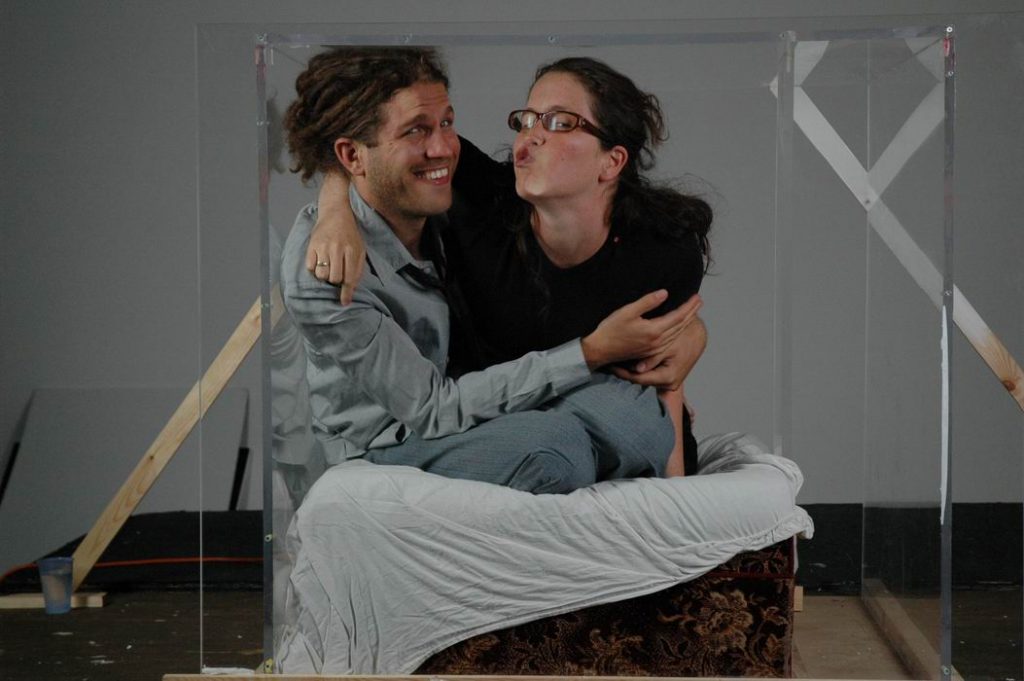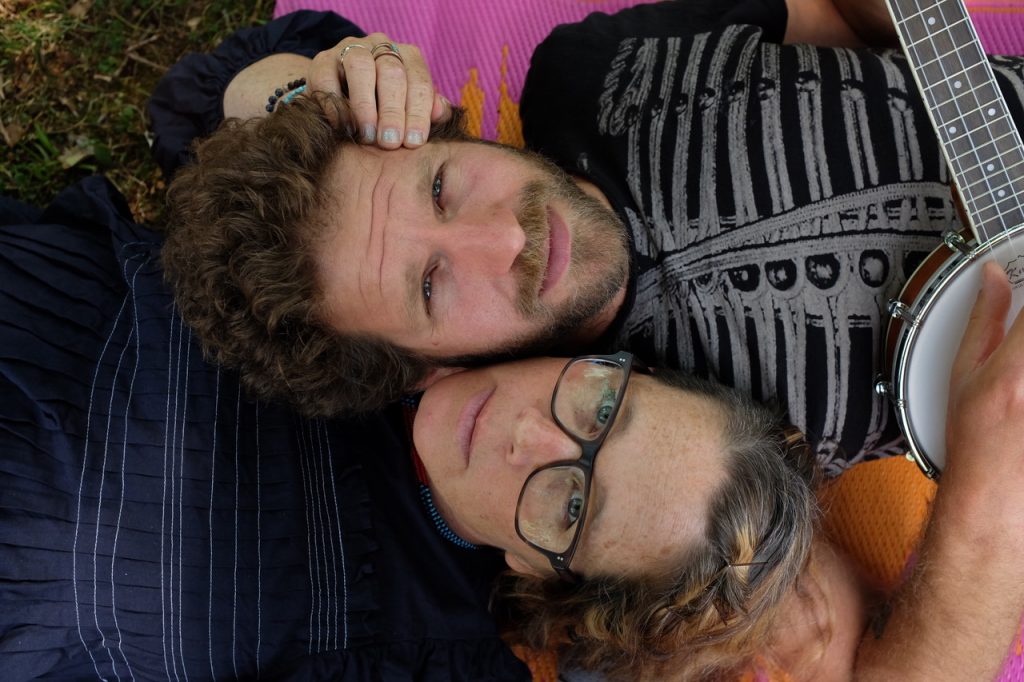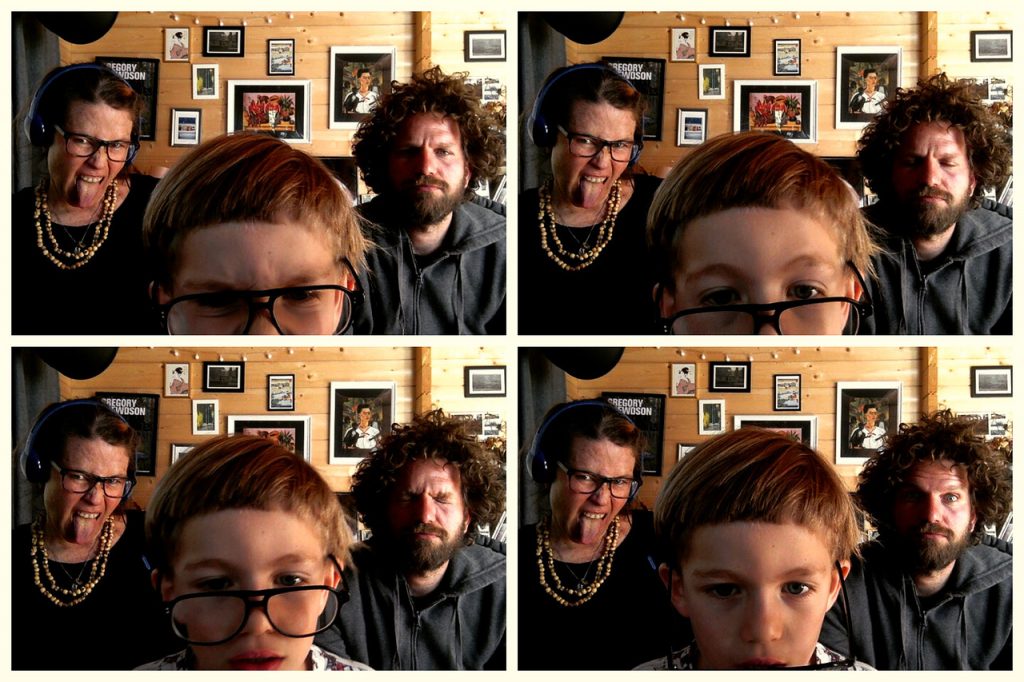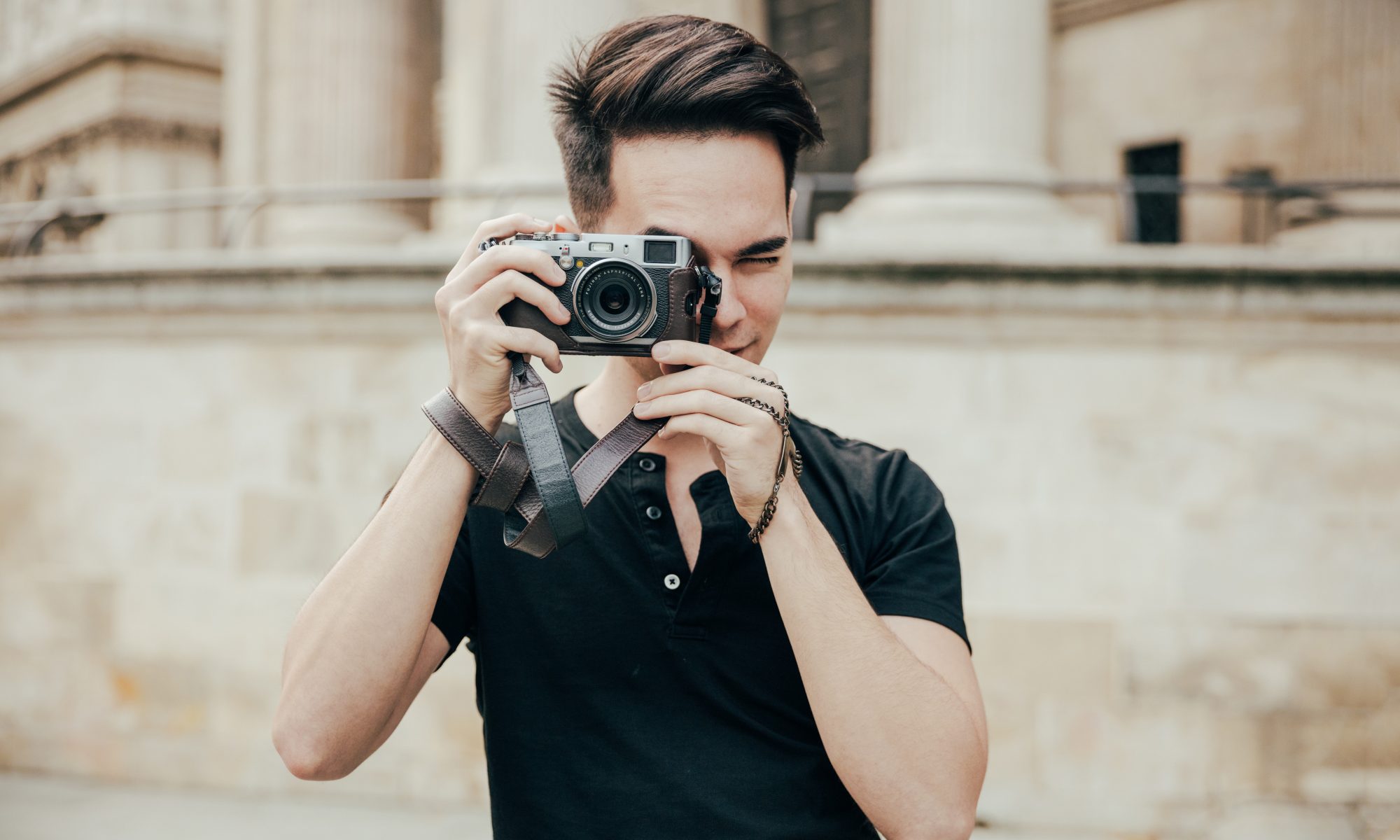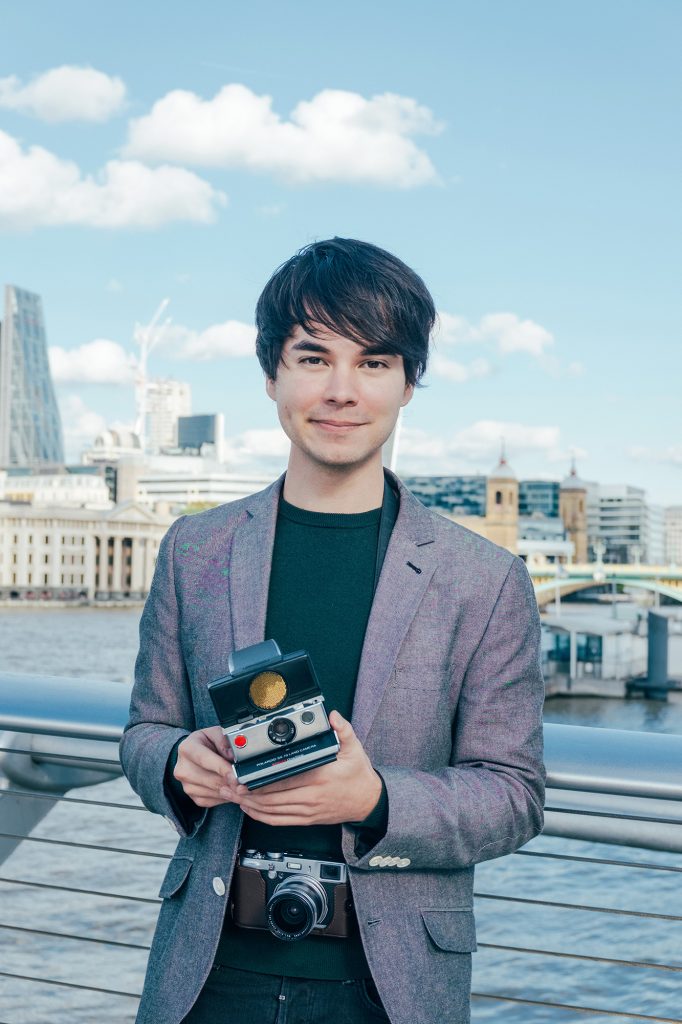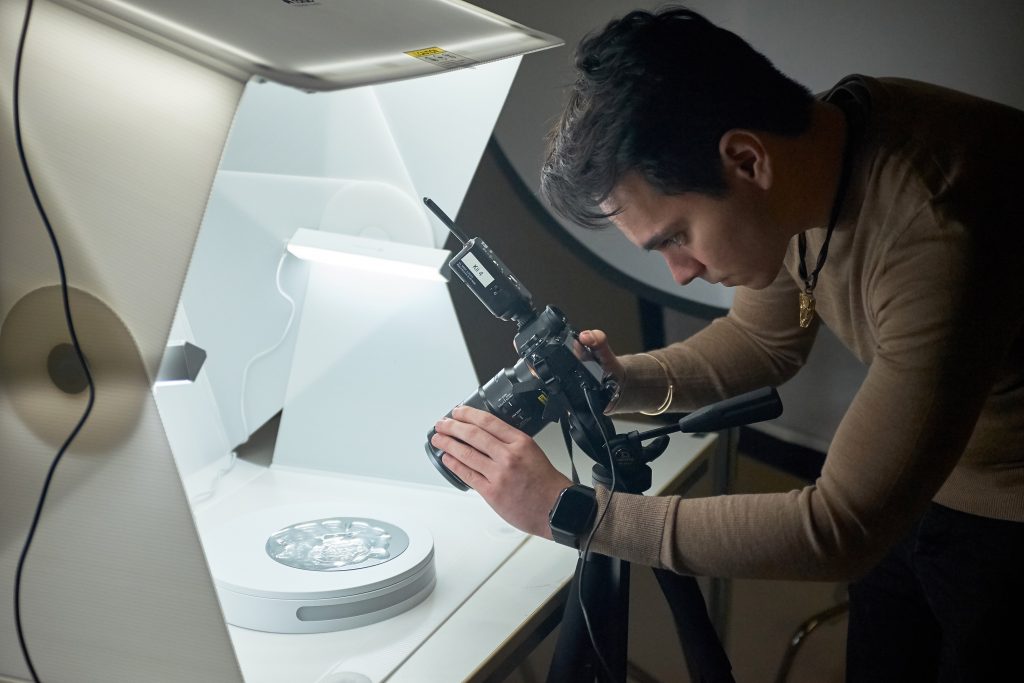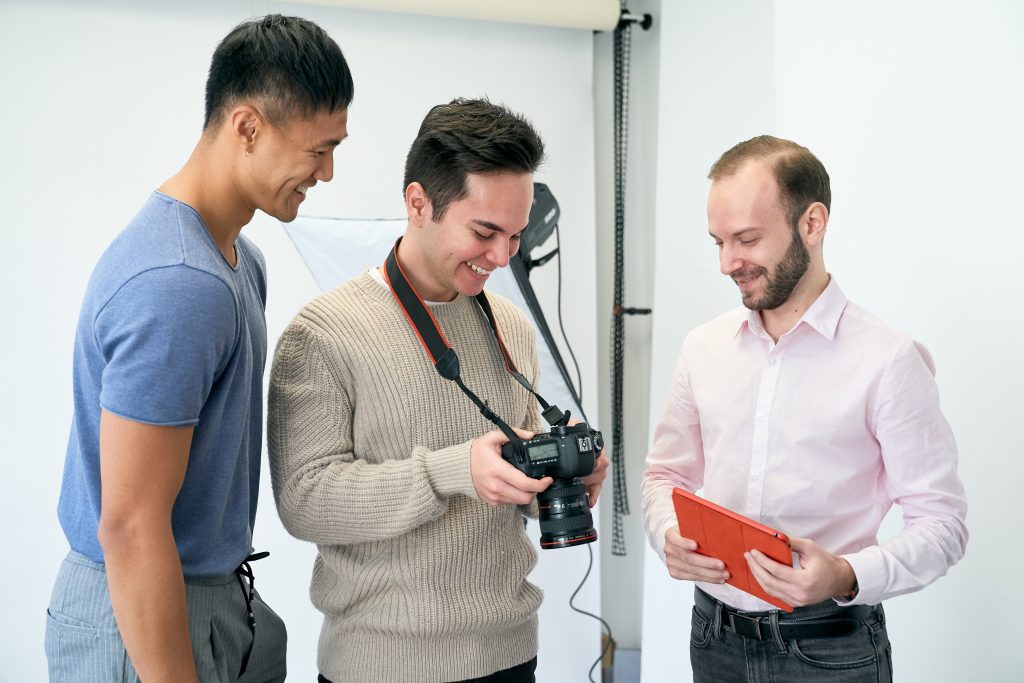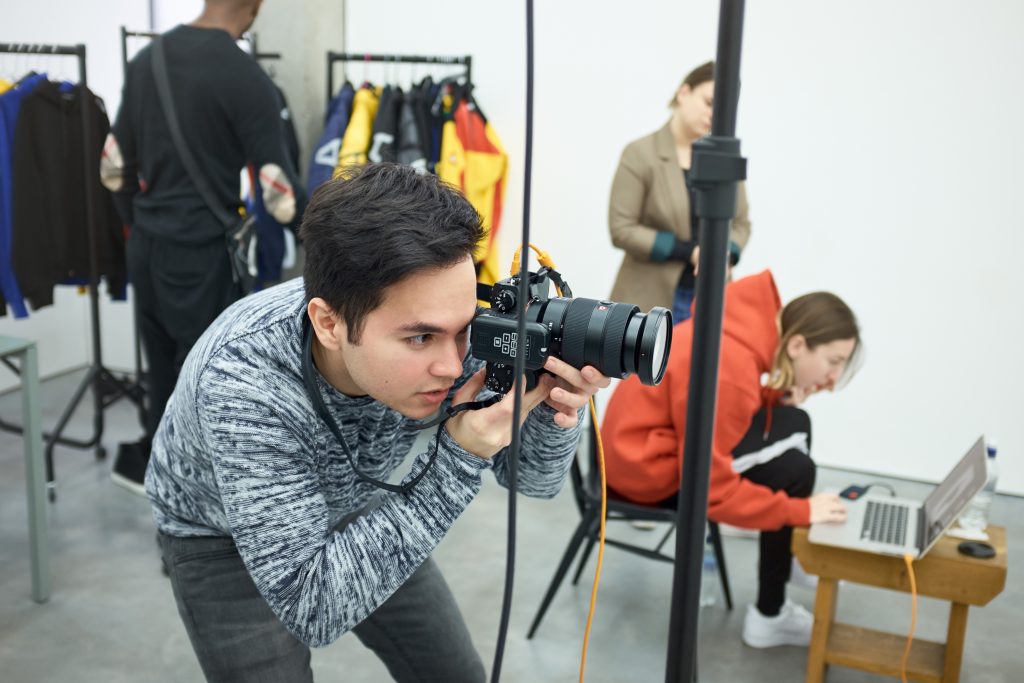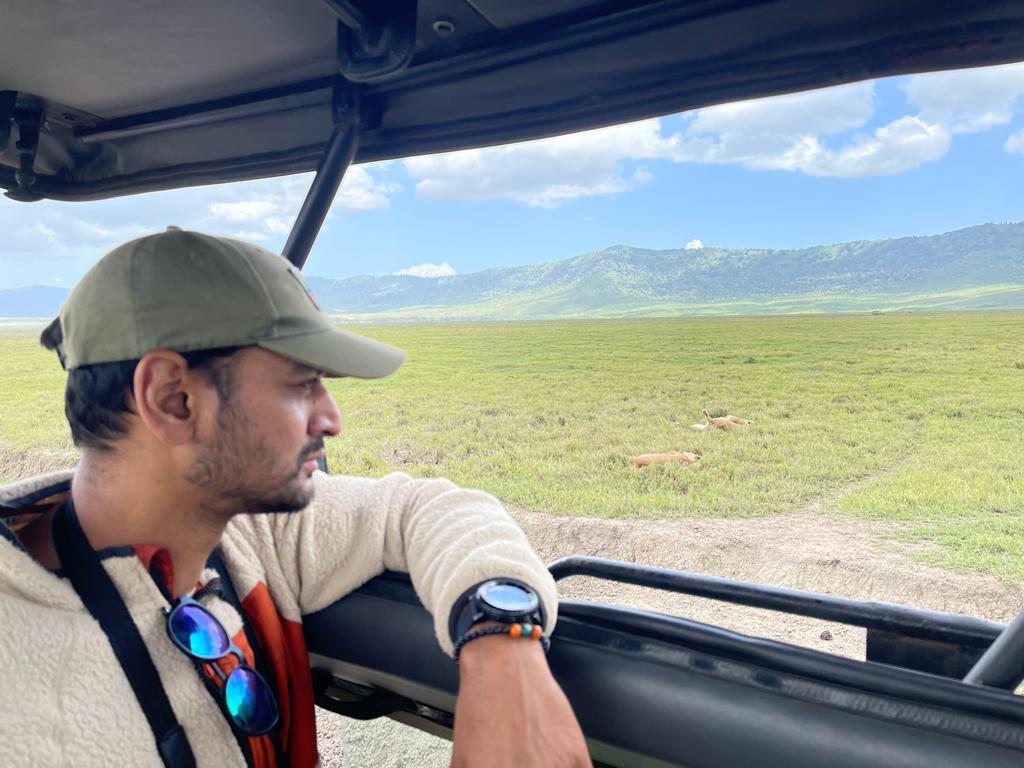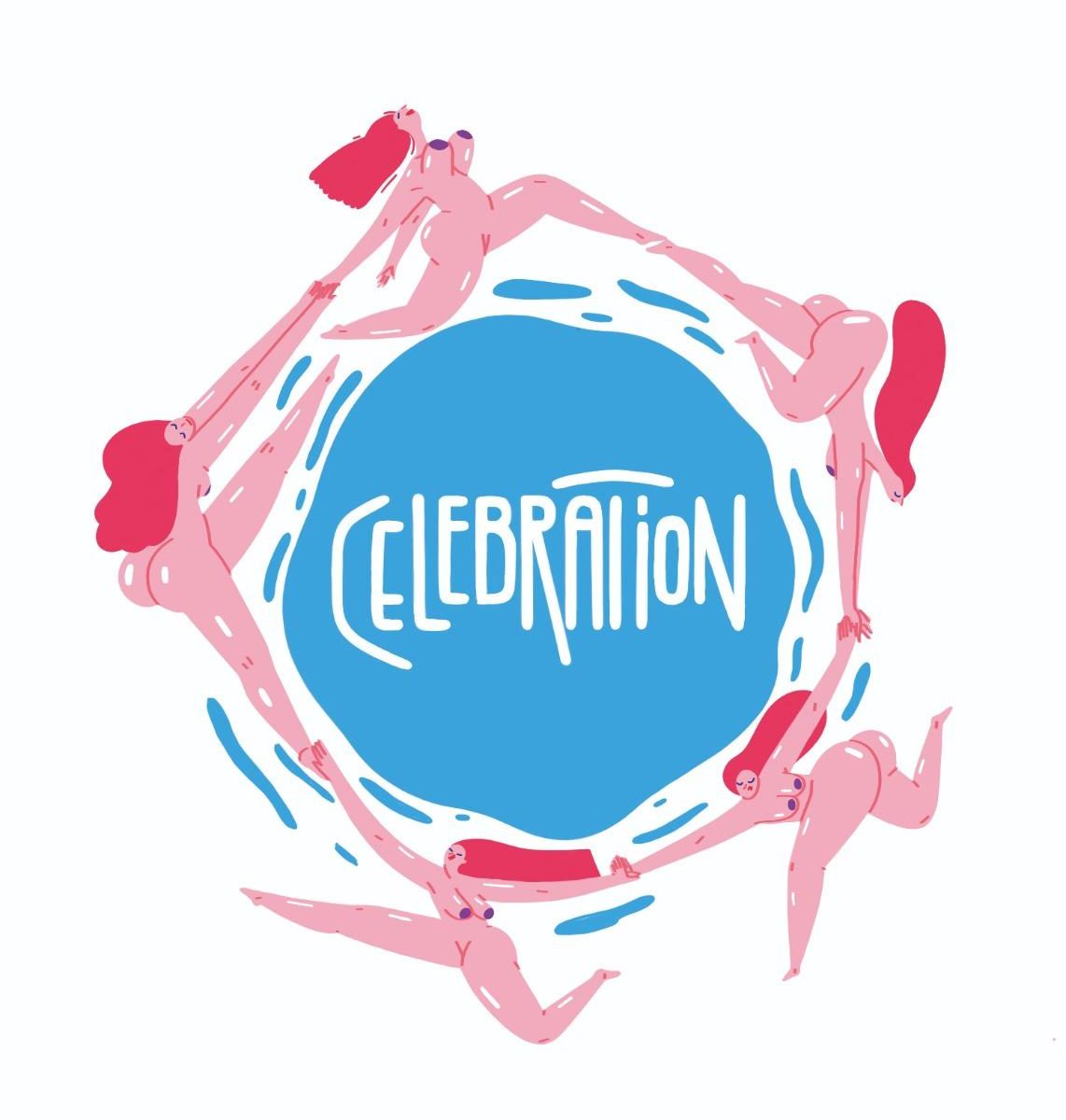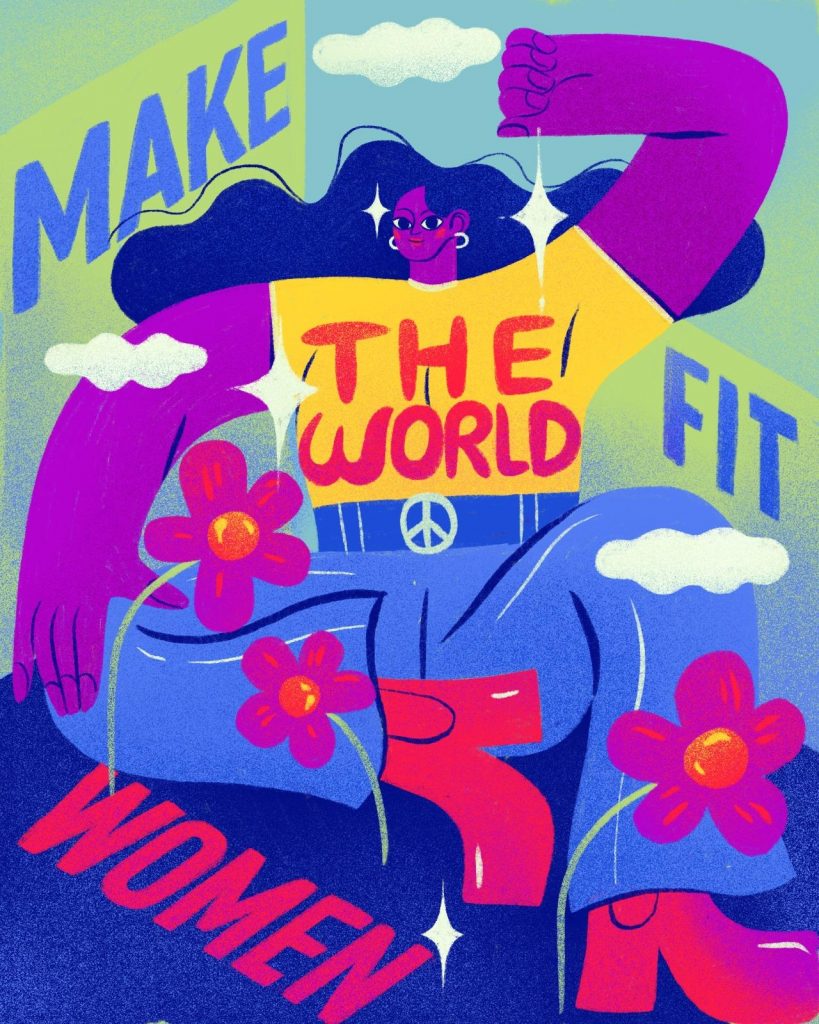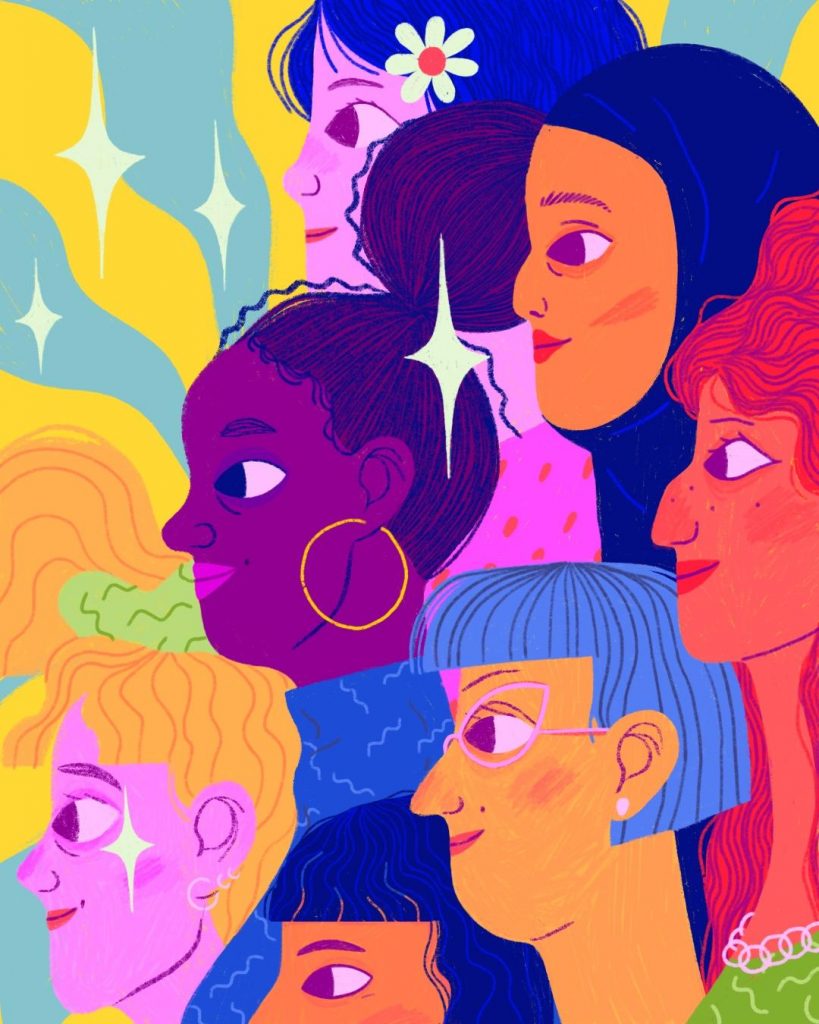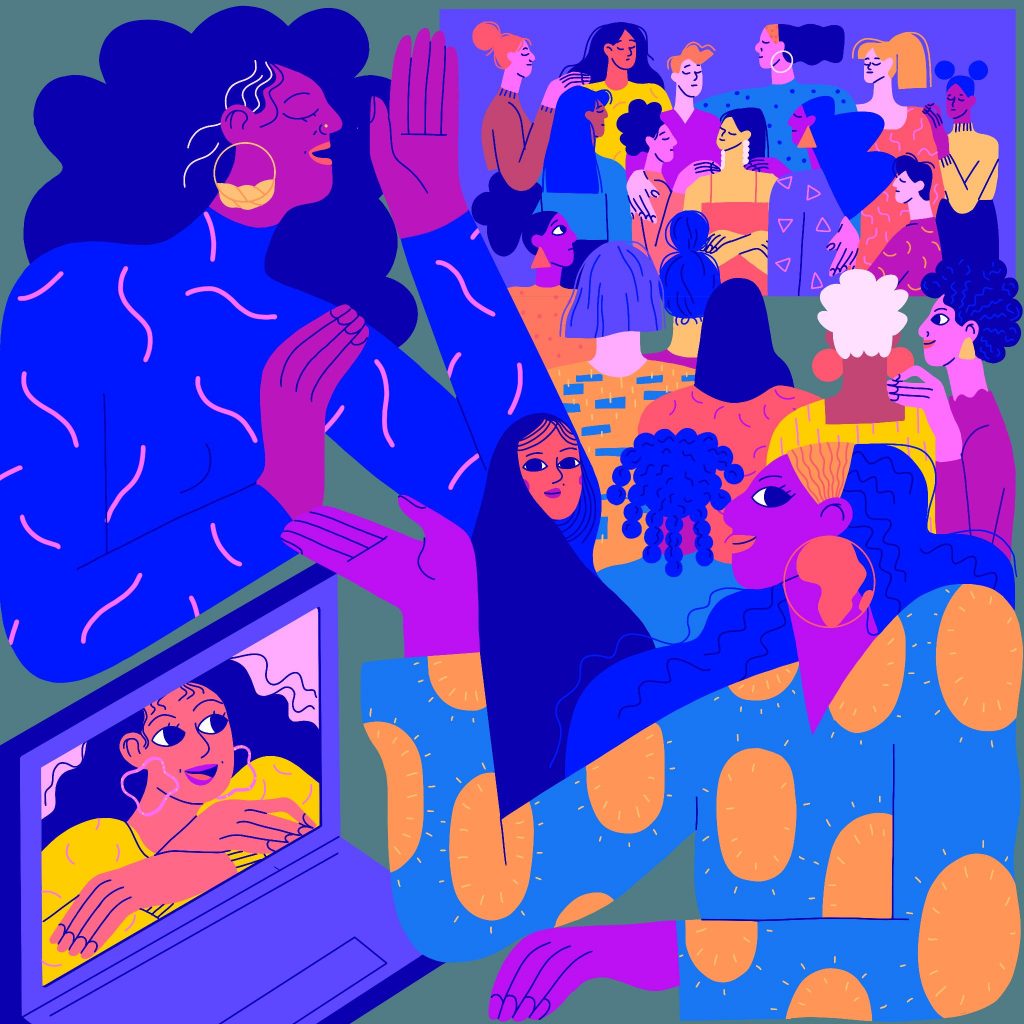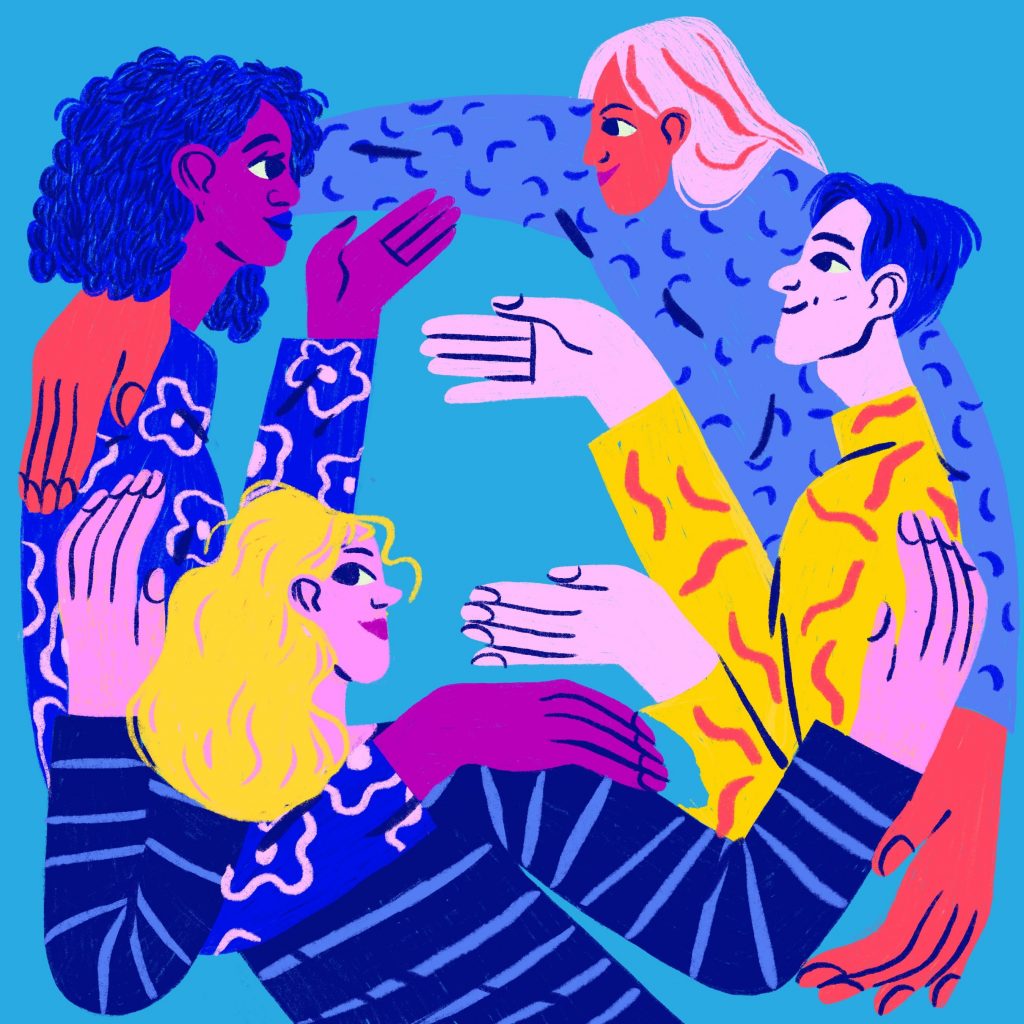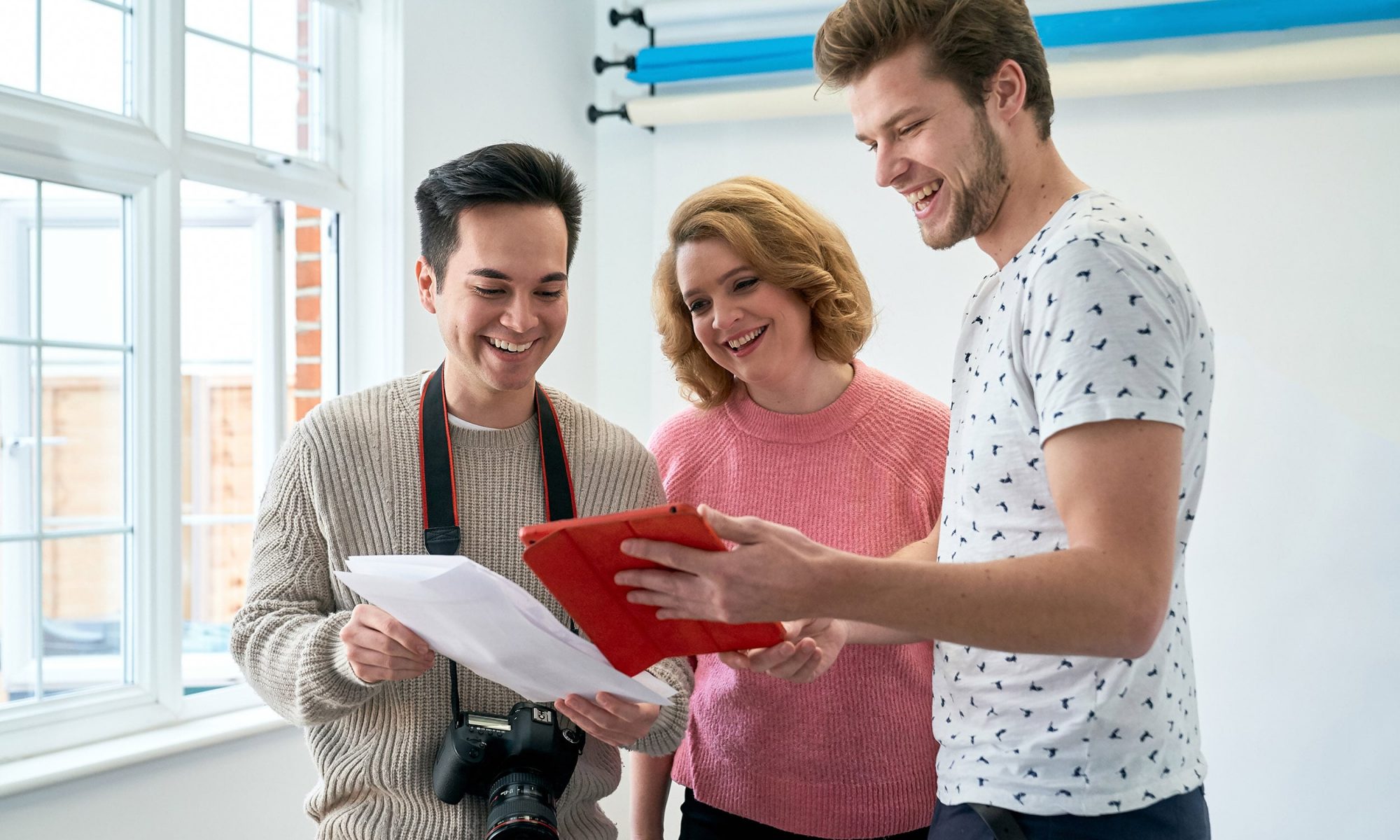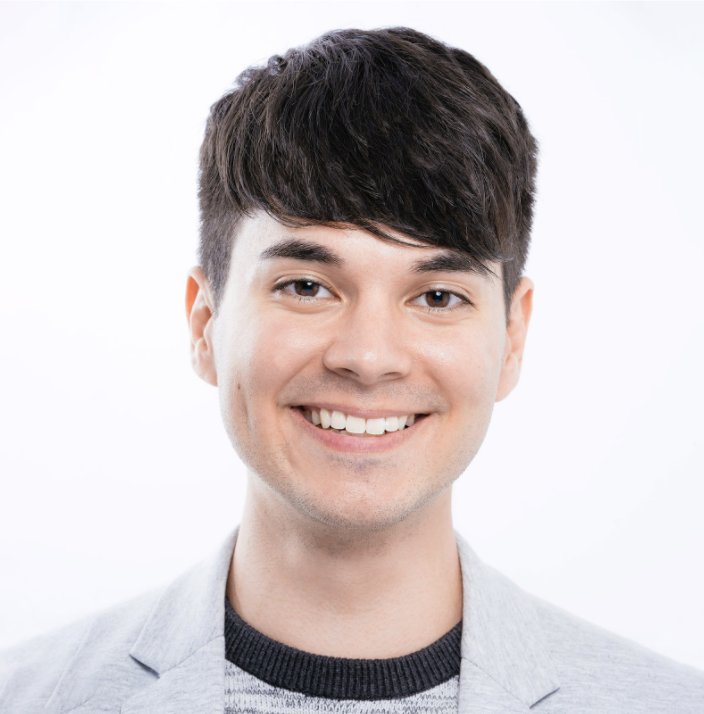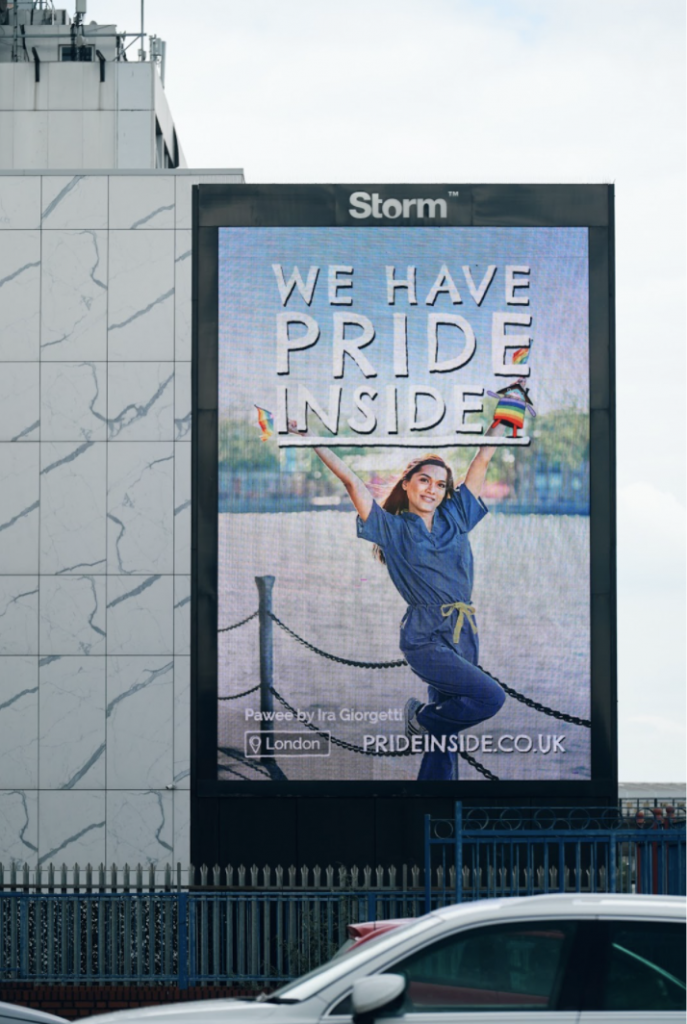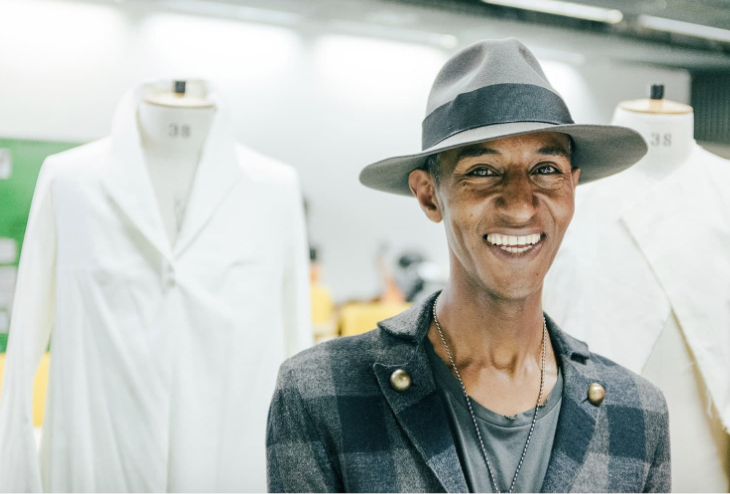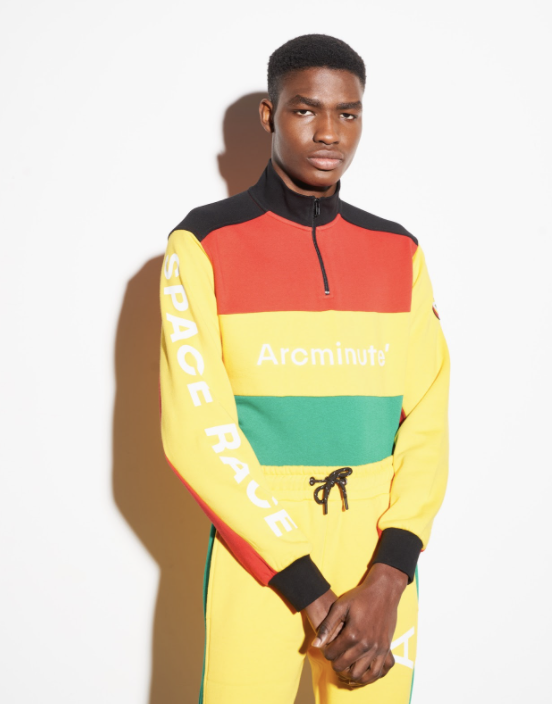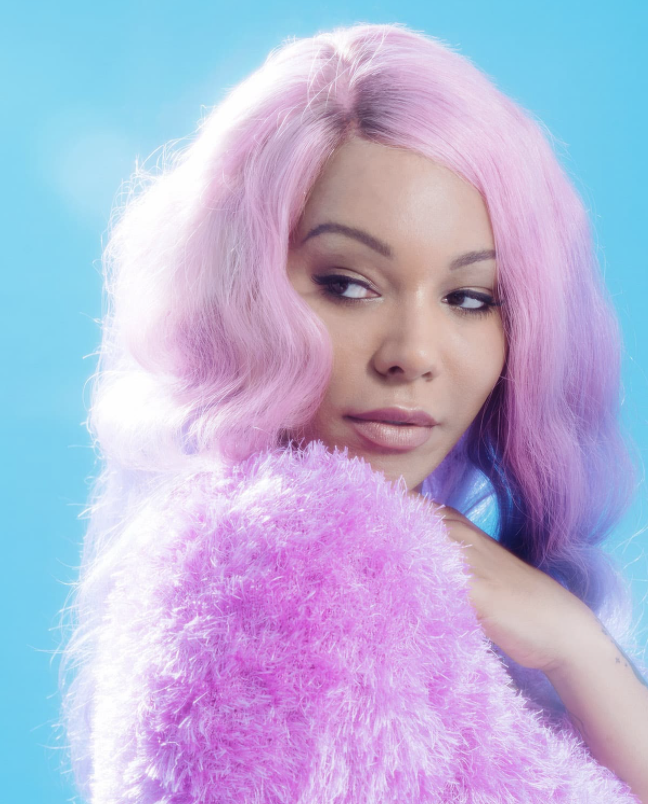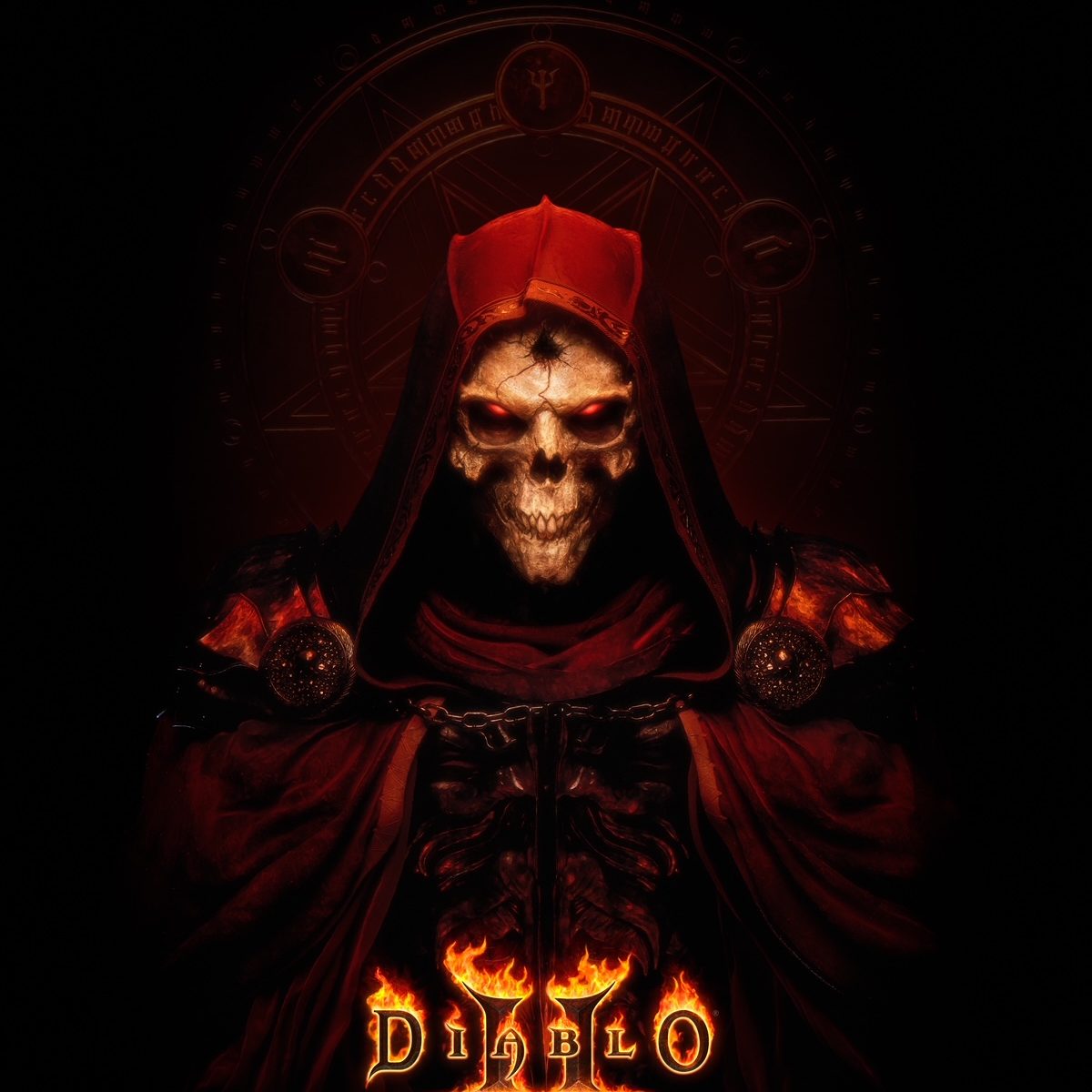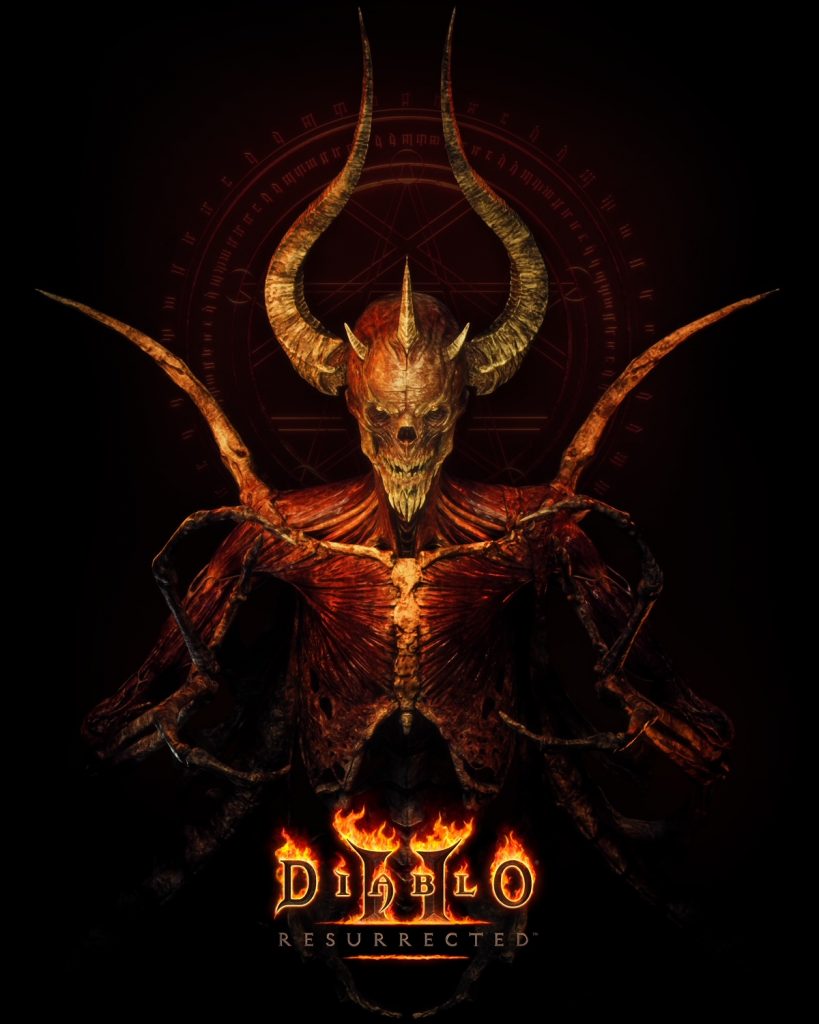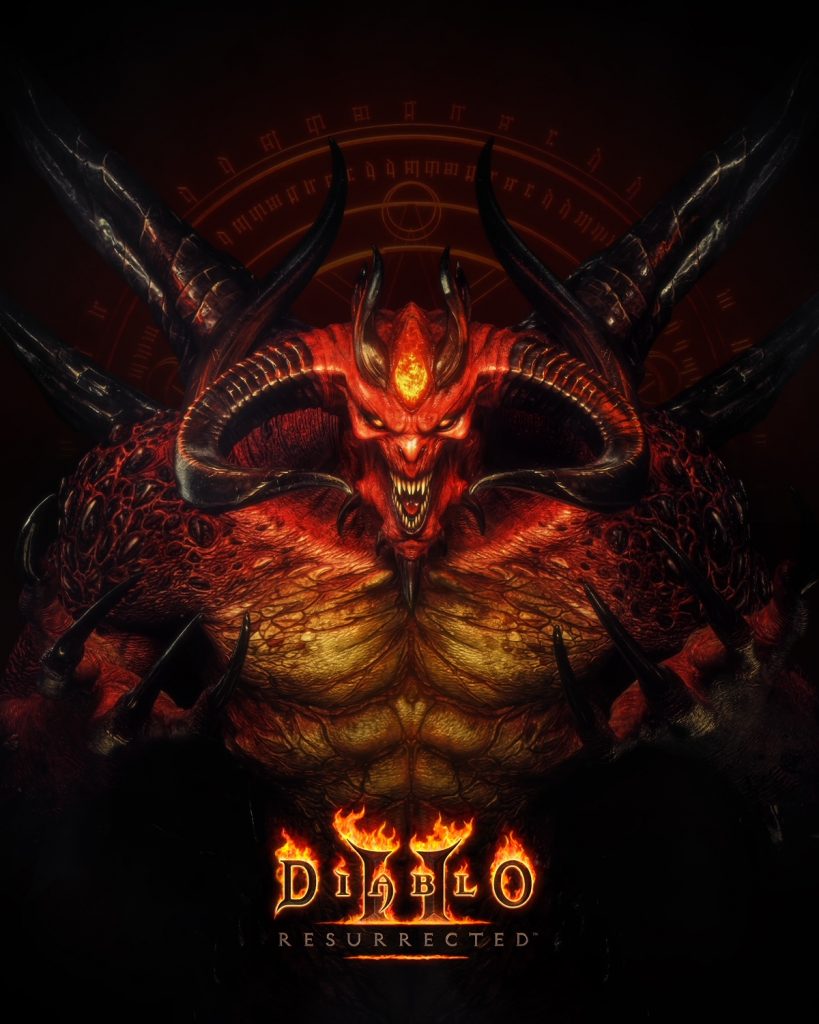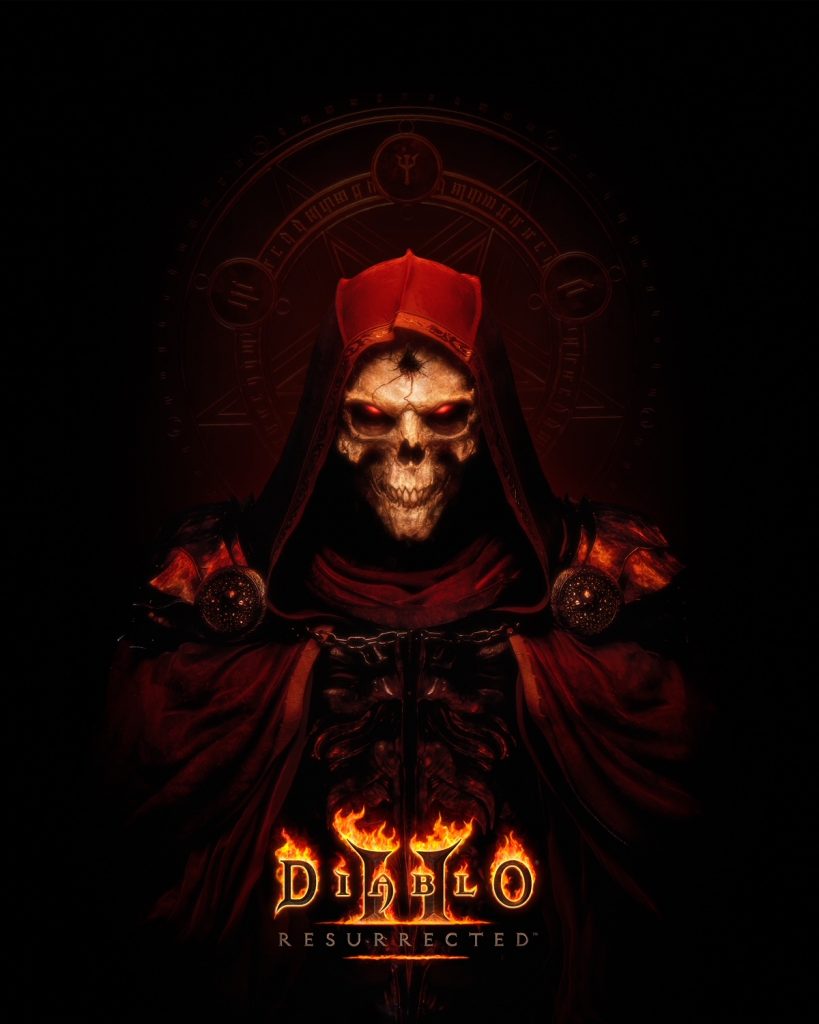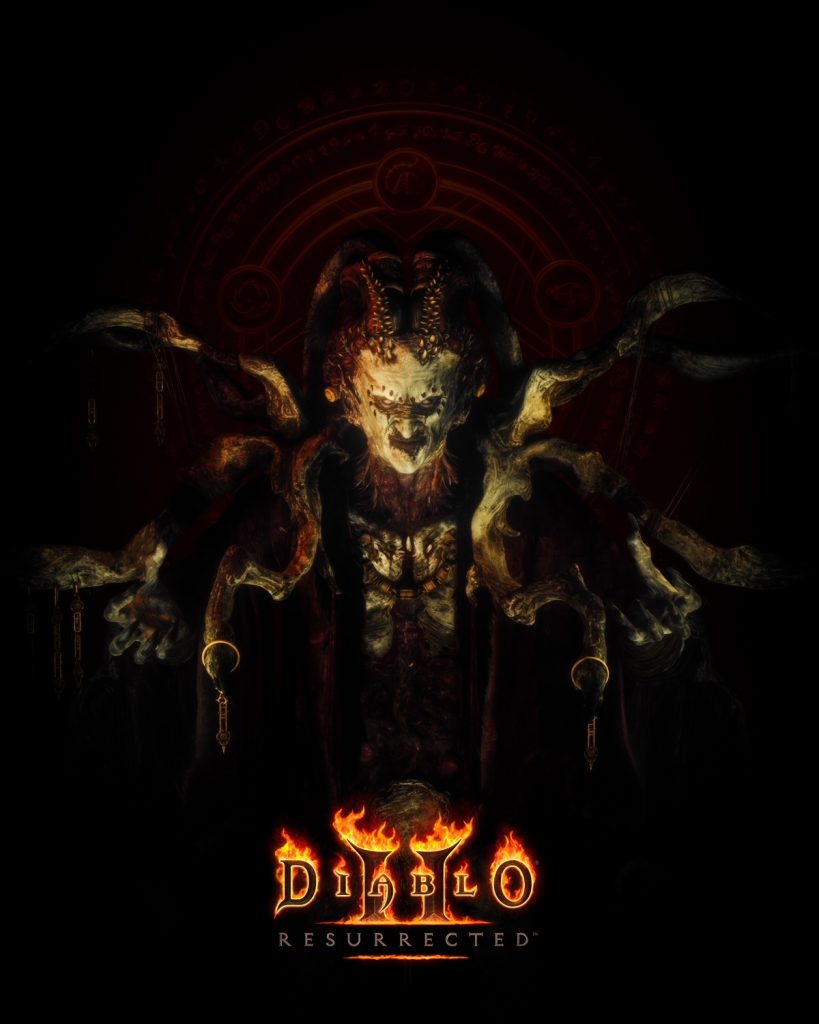We are beyond excited to introduce Karolina to our ever-growing talent roster. Karolina is an innovative filmmaker known for blending live action with analogue animation, creating a unique and textured visual style. We are excited to showcase her talent along with a strong commitment to authentic representation and inclusivity in the film and advertising industry.
We sat down with Karolina to chat through her career, favourite work and inspiration!
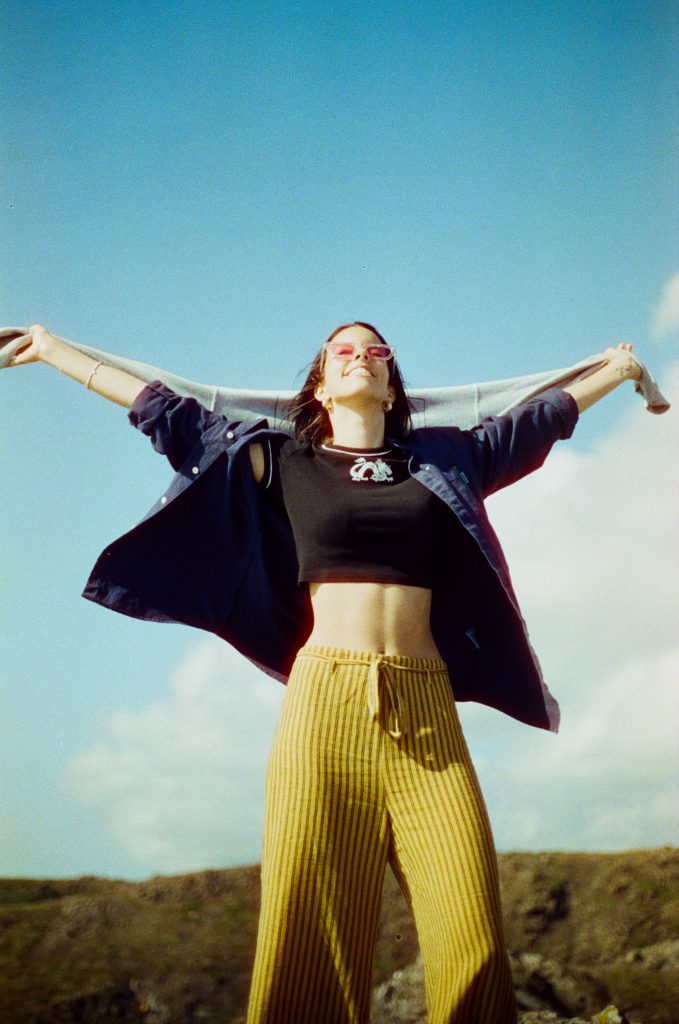
Your approach to blending live action with analogue animation is truly unique. Could you share a specific project where this technique particularly challenged or inspired you creatively?
Definitely! Last year, I worked on a project that involved collaborating with a group of year 9 students from Riverside School in Barking. They had written a poem and a beautiful soundtrack, and with the help of the producer and DOP, had shot a lot of footage themselves. They had taken selfies, filmed their friends playing basketball, and recorded videos from music class. I wanted to showcase their creativity through the film, and analogue animation felt perfect to bring it all together. There was such a variety of mediums—Super 8, digital, disposable camera pictures, iPhone pictures—and this lent itself really well to the collage element of the film. To tie them together visually, I printed the footage frame by frame, drew directly on top of it, and scanned it back in to create a texture that ran throughout the film. It was really rewarding working in this way because I could draw from what the kids had already created, and this meant their personalities really came through in the film.
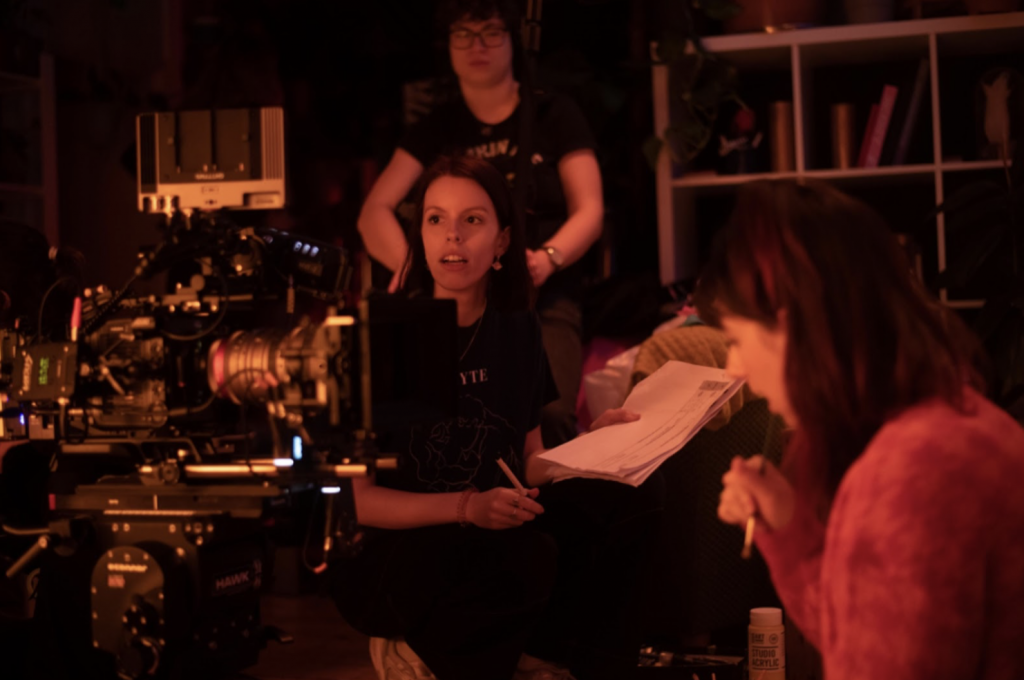
Representation in the film and advertising industry is a pressing issue. How do you navigate the complexities of ensuring diverse voices are not just included but authentically portrayed in your work, and what impact do you hope this has on your audience?
A very important question! Personally, if I’m working on a project where I’m telling someone else’s lived experience, it’s crucial for me to have a constant back and forth with the subject to make sure they feel heard and that what they see reflected back at them feels like a true representation. I’m quite passionate about this topic—I’m Hungarian, and I was really sad to hear when Hungary passed a law suppressing LGBTQIA+ representation in the media. People NEED to see themselves onscreen to know there are others like them and that there are opportunities for them too.
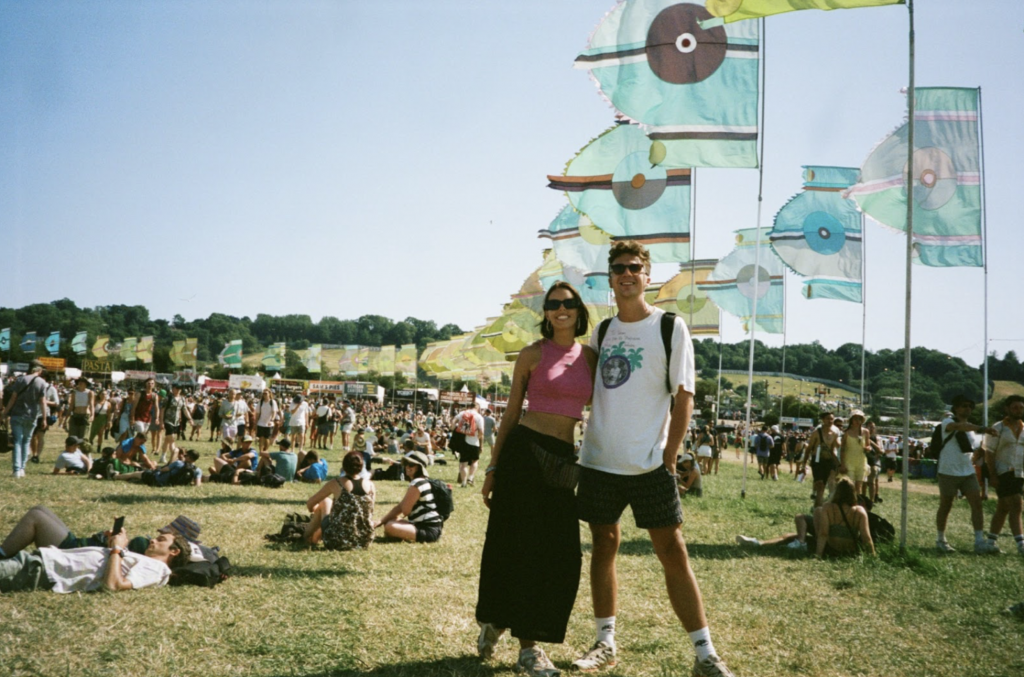
In terms of impact, I’m hoping for a change towards a more inclusive future where we don’t have to search far and wide for diverse talent because they’ll be right in front of us. It’s no secret that, at the moment, the industry is very white and male-dominated, making it difficult to find crew outside of that realm. I’m working on my first short film, and I wanted to make sure it had a fully female and non-binary crew so I could expand my network of talented women and non-binary folk—they’re out there and they want to be found but are often overlooked.
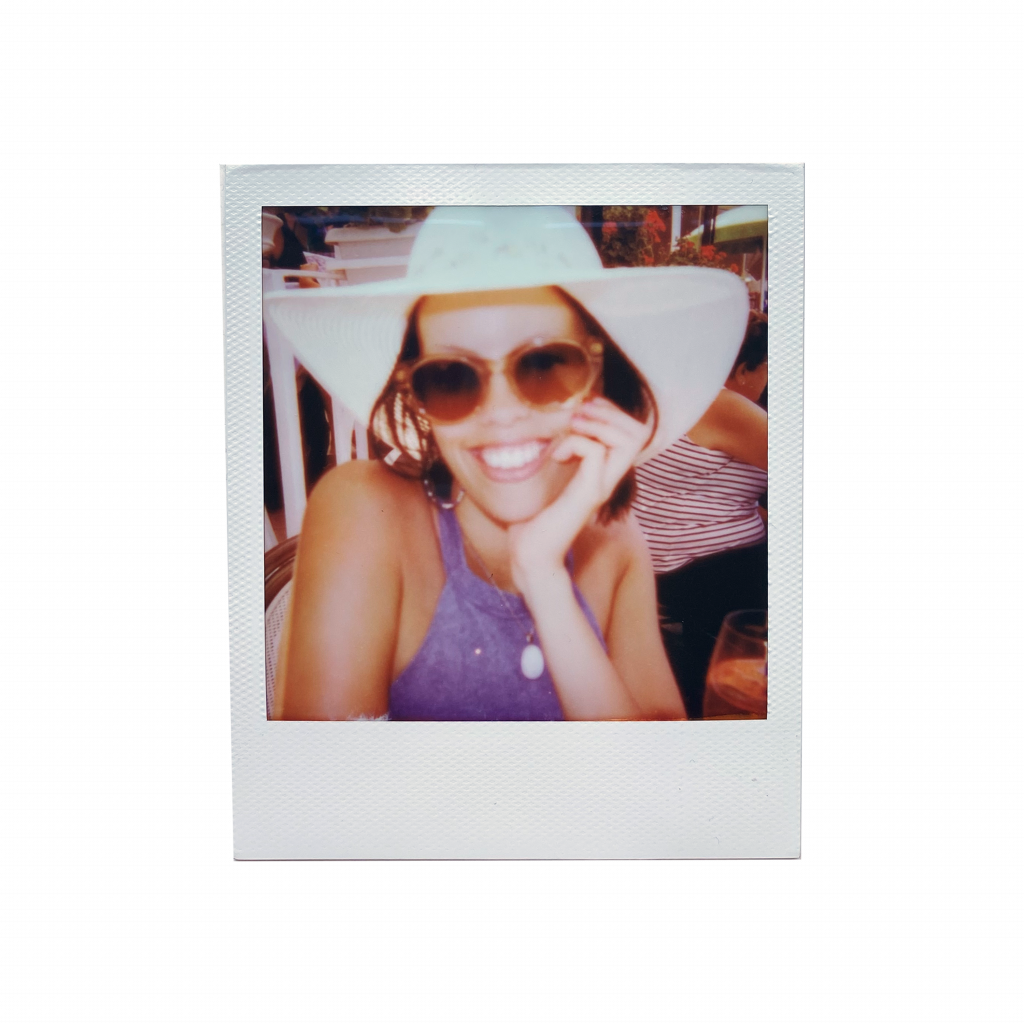
Working with a range of clients from Netflix to Lovehoney must offer diverse creative challenges. Can you tell us about a project where you had to push the boundaries of your style to meet a client’s vision, and how this experience shaped your artistic approach moving forward?
Working on The Crown mini-documentary for Netflix was a creative challenge for me because it required an elegant, refined design to fit with the style of the series. My work is usually colourful and a bit chaotic, so I had to find a balance between honouring the tasteful aesthetic that the show is renowned for while making sure my style was still present. It was an honour to work with Netflix on this project, and I learned a lot about the immense amount of work and attention to detail that went into making the show.
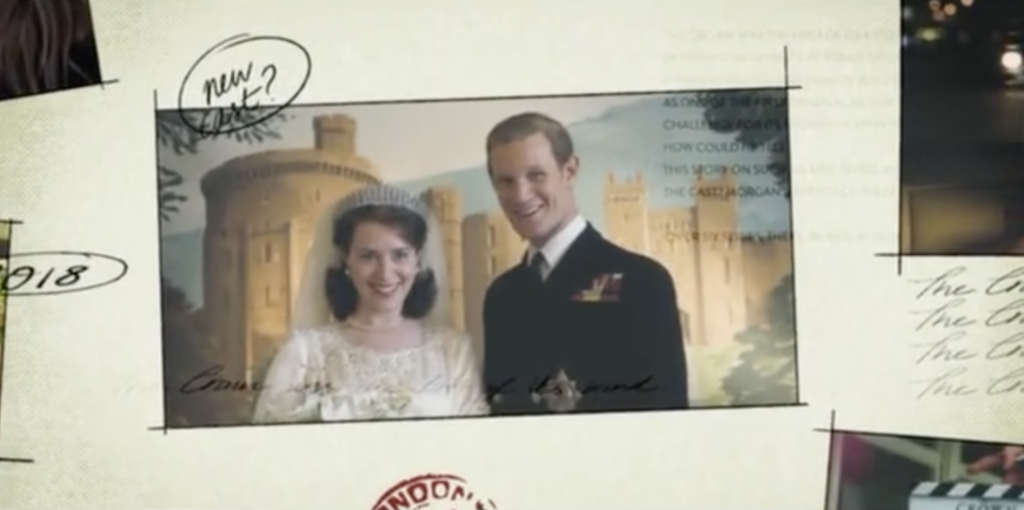
Your films often evoke nostalgia and have a tangible, textural quality that resonates deeply with audiences. How do you tap into this emotional connection while also ensuring your work feels fresh and relevant in today’s media landscape?
I think analogue techniques are more important and relevant today than ever before. The creative industry is fighting a battle with AI, and I’m personally quite worried about it growing to a point where humans are no longer needed to create! At the moment, though, AI animation is easily recognizable and is not yet able to recreate the look and feel of analogue media. I love that analogue techniques come with imperfections and unpredictability, which makes them more human and gives them a depth that AI content doesn’t have. So, I guess for me, to keep my work fresh, I’m looking backward to more old-school methods instead of forward.

And to finish off, tell us a NERDy fact about yourself
I LOVE going to the cinema and getting all the cinema deals – at one point last year I had a cinema deal for every day of the week. I’m also quite obsessed with Letterboxd, the movie rating app – I log all the films I watch and rate them too.
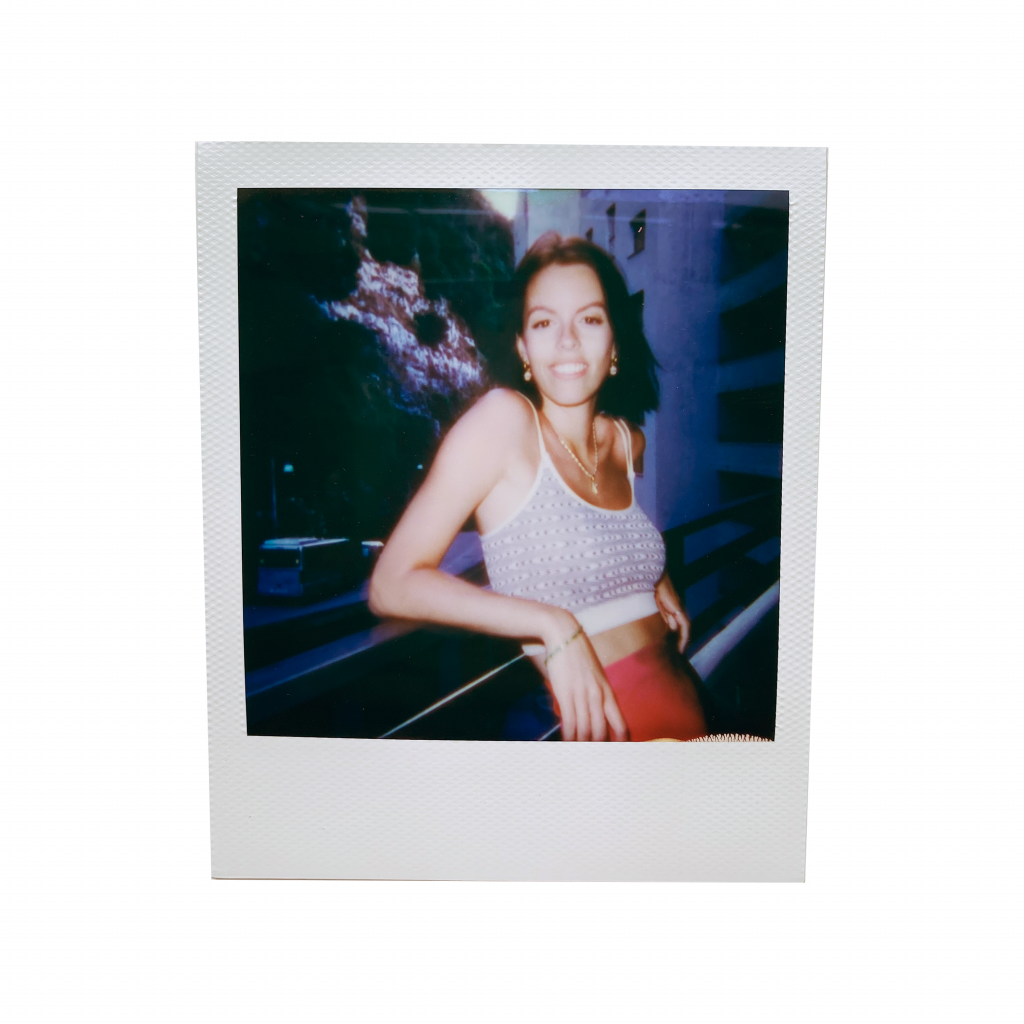
See Karolina’s work here.
